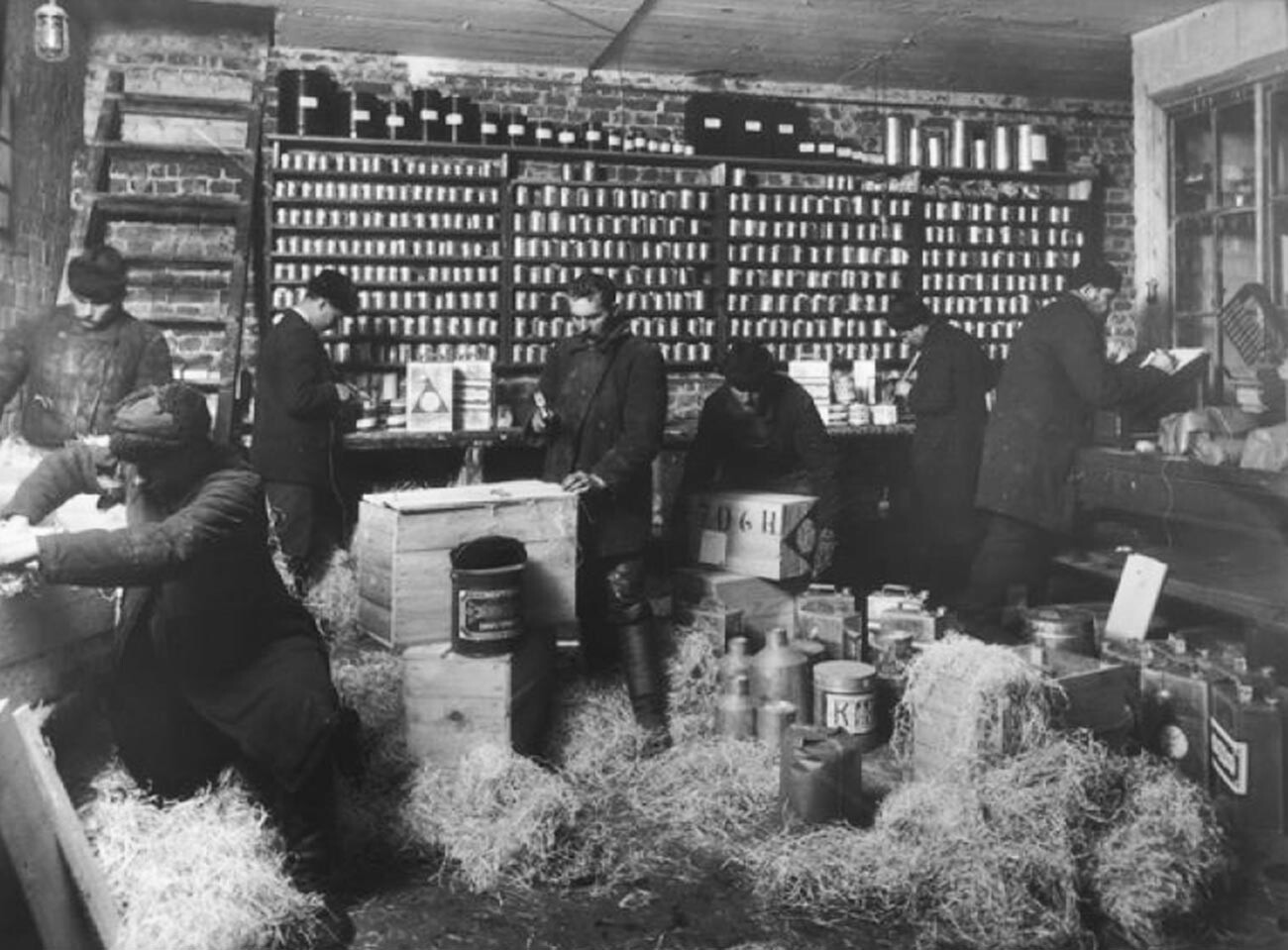What Russia was like in 1913 (PHOTOS)
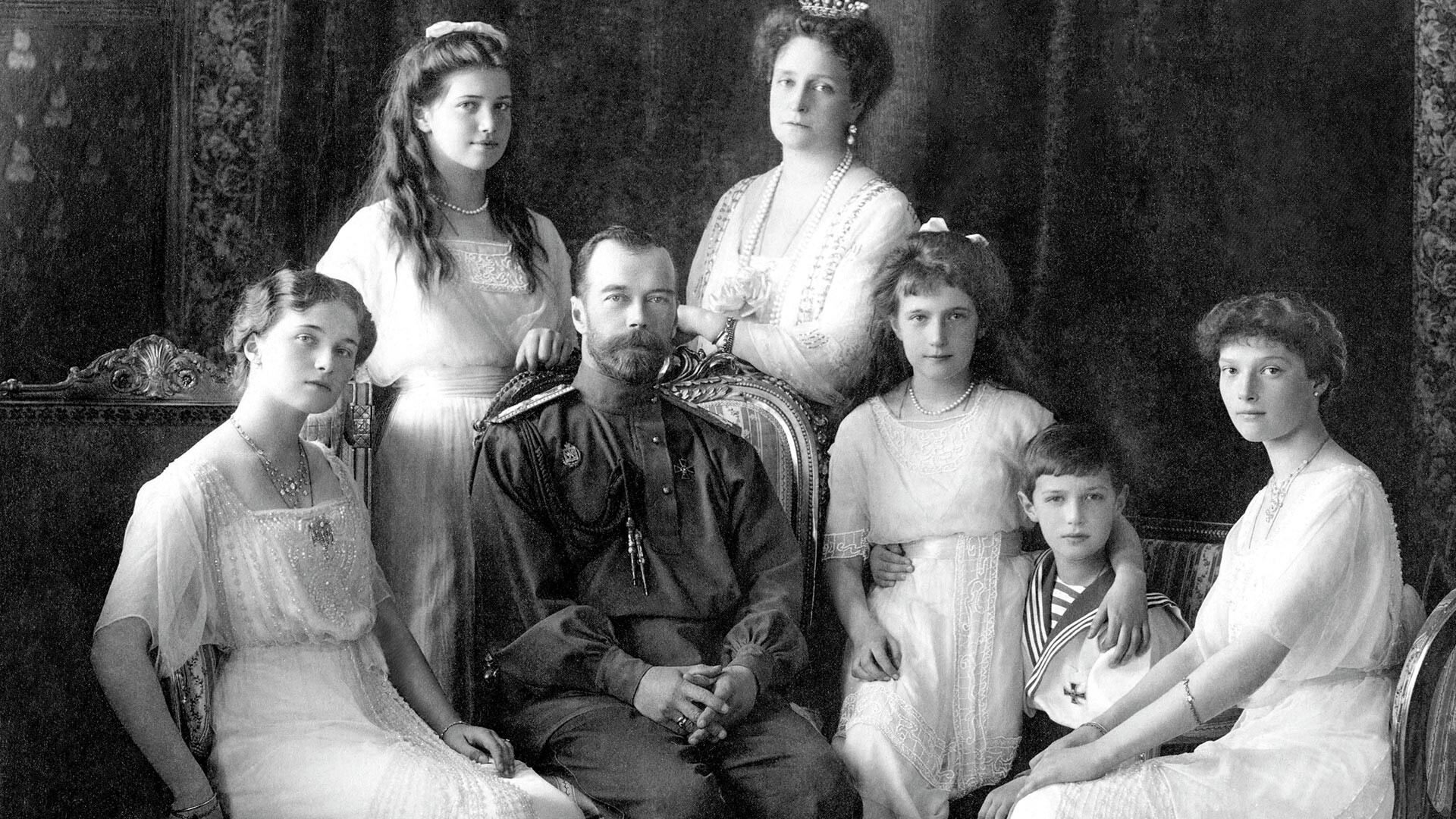
The year 1913 marked the 300th anniversary of the Romanov dynasty. The date was widely celebrated all across the country. St. Petersburg was especially richly decorated.
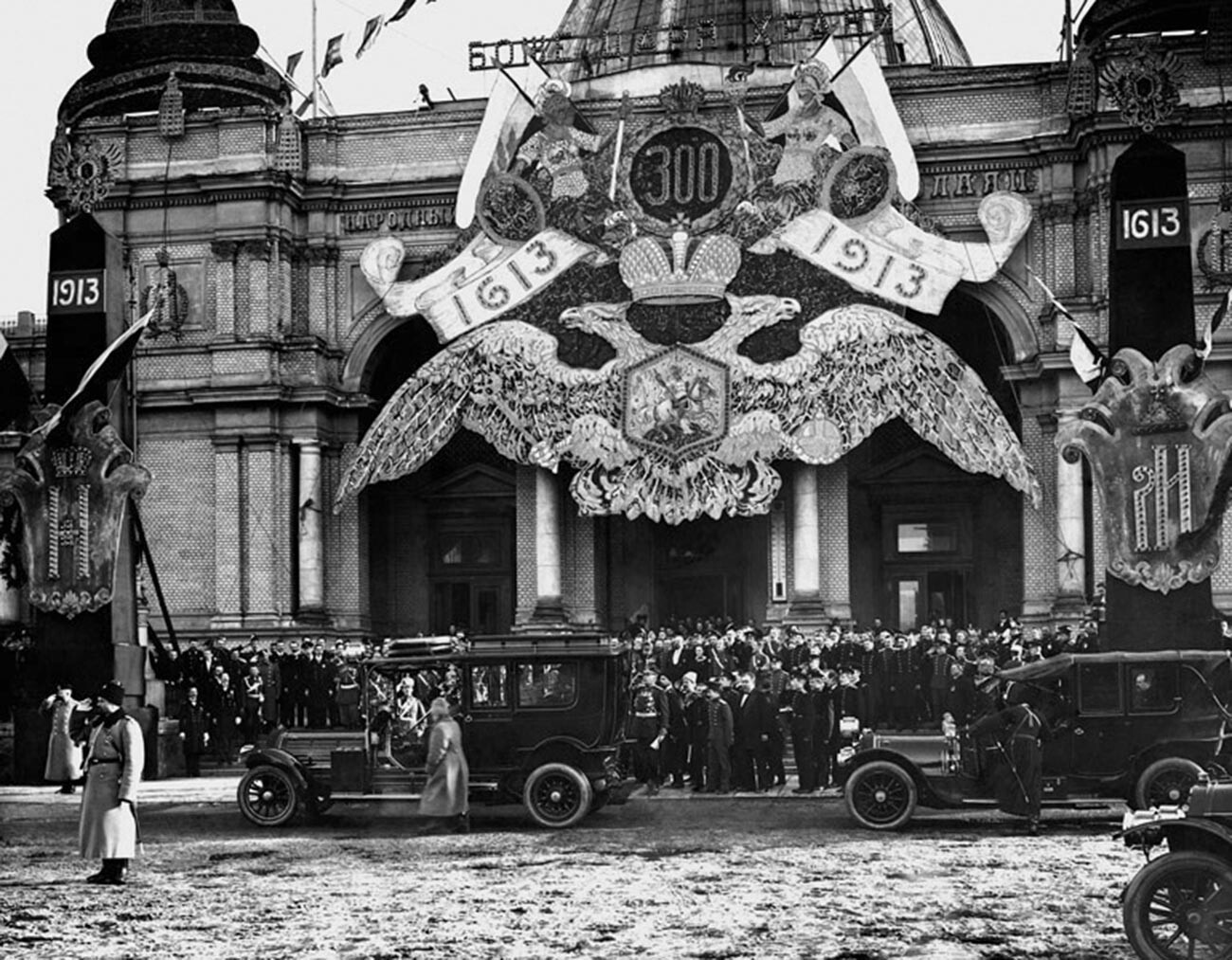
The big festivities, including a religious procession, were held across the Moscow center and on the Red Square.
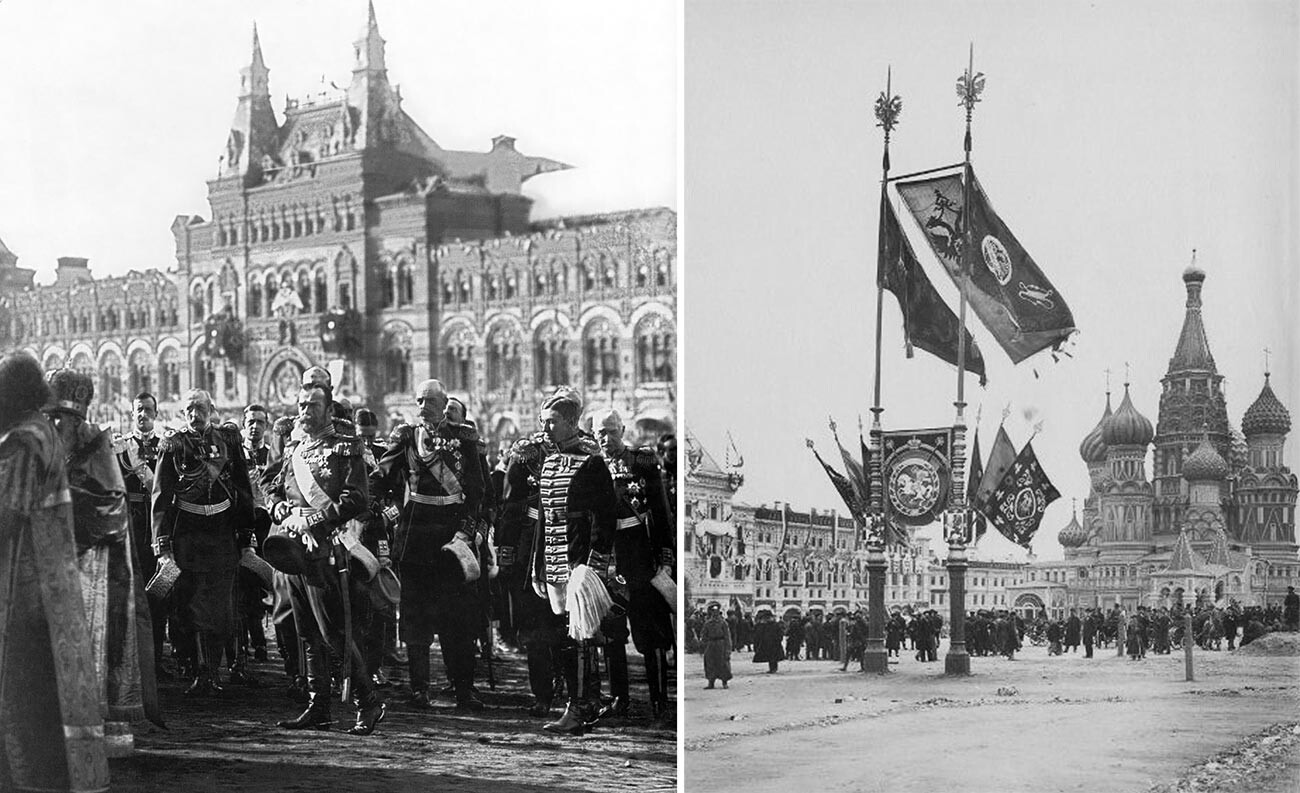
Following the ceremonial celebrations at the Moscow Kremlin.
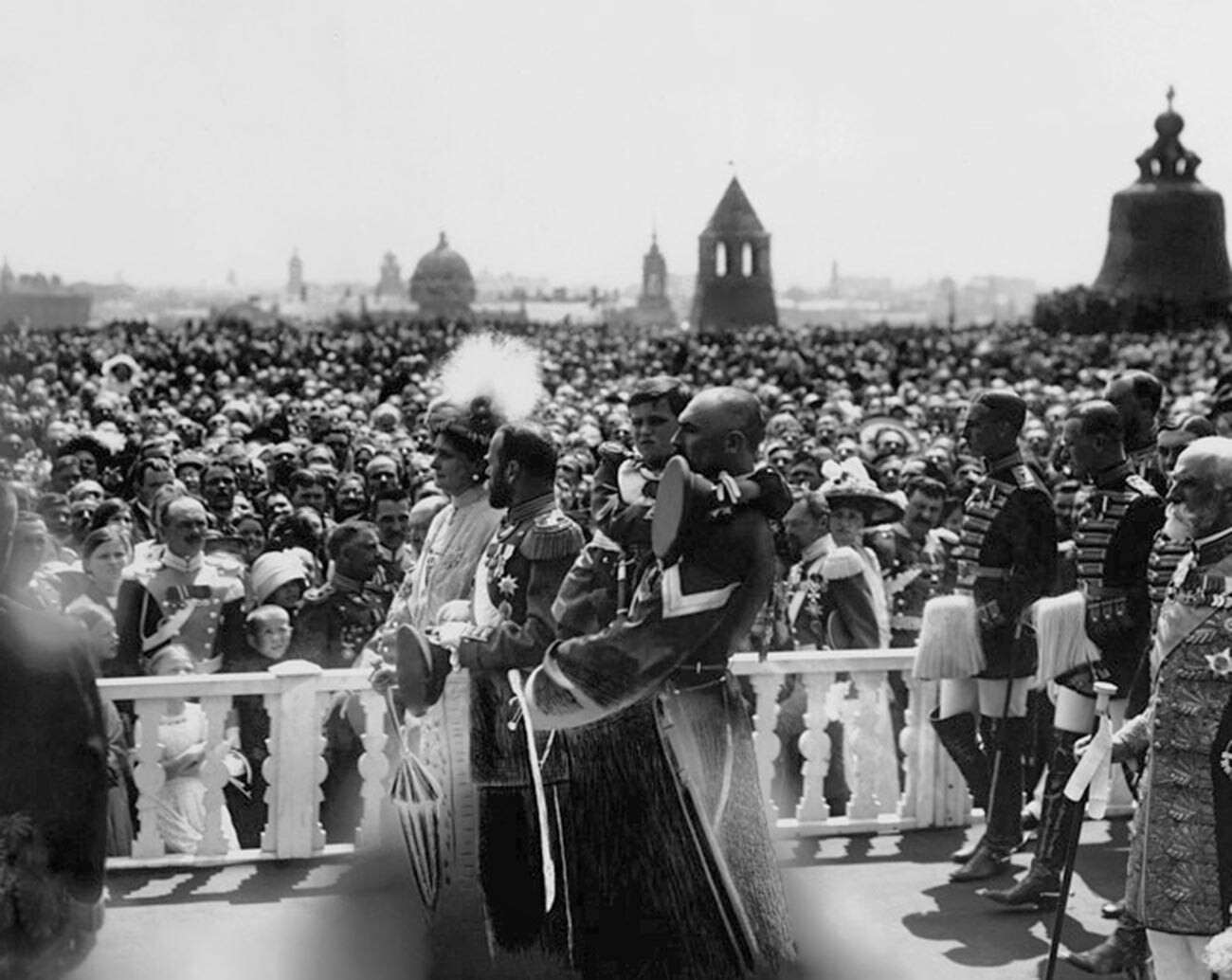
In March 1913, after the Petersburg and Moscow celebrations, the emperor paid a ceremonial visit to the city of Kostroma, where he was welcomed with bread and salt. It’s believed that the Romanov dynasty was born in Kostroma.
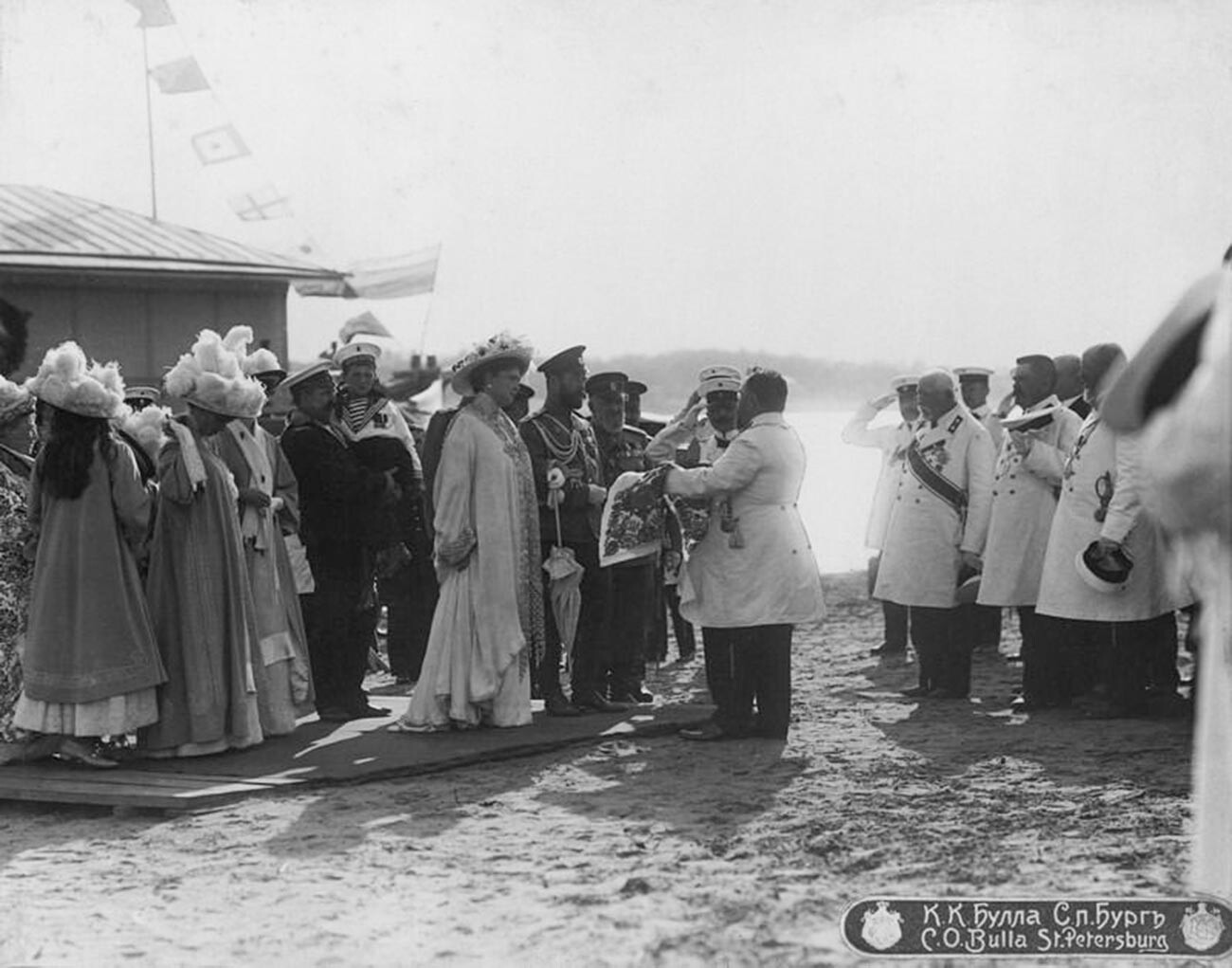
Nicholas II and family visited the Romanov boyars chambers inside the Ipatiev Monastery in Kostroma, where the future first tsar of the Romanov dynasty, young Mikhail, lived during the Time of Troubles in the early 17th century.
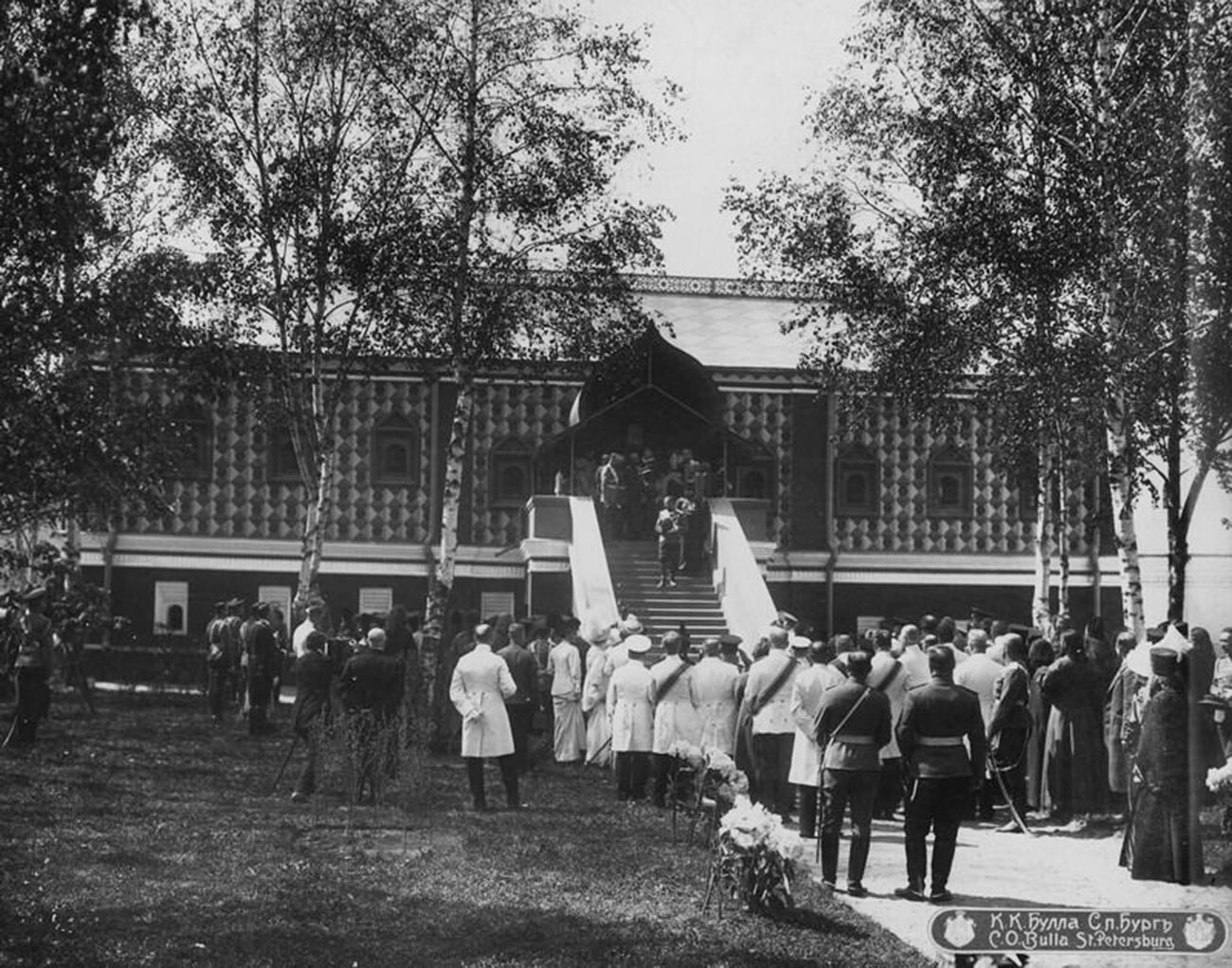
Kostroma citizens were extremely excited by the highest visit and crowded to catch a glimpse of the emperor.
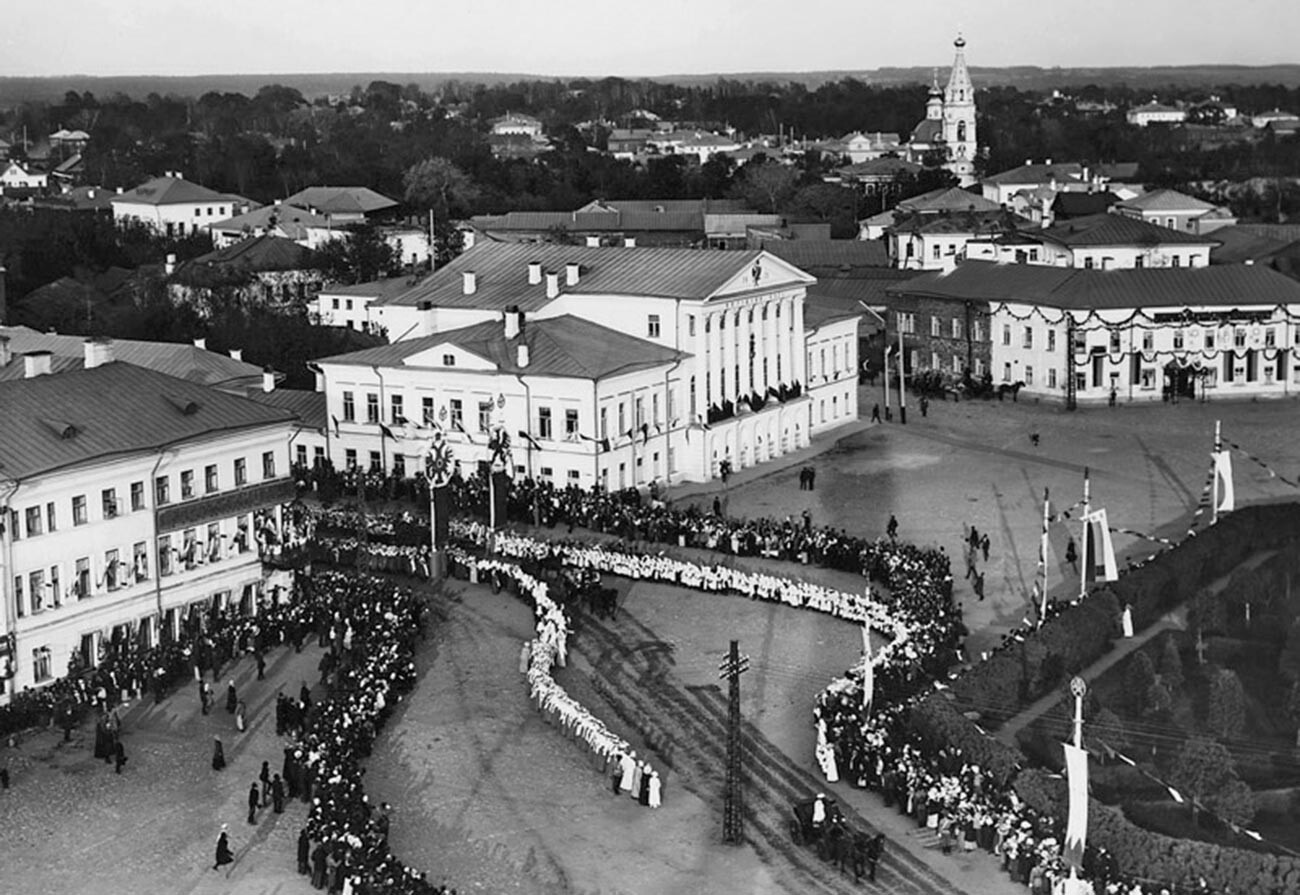
The Romanovs also had a tour abroad on their ‘Polar Star’ yacht.
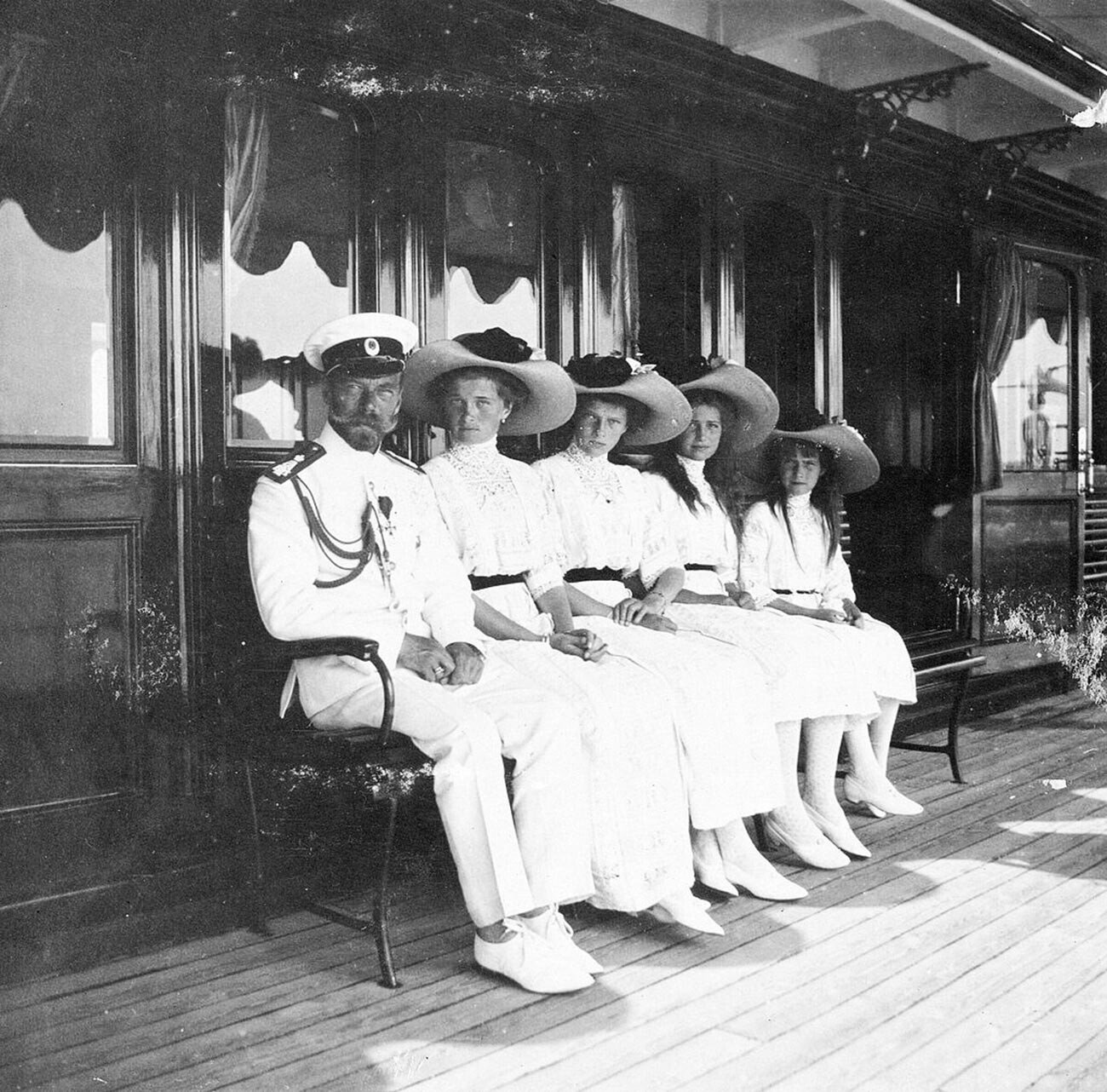
But, most of the time, the tsar family enjoyed their everyday routine in their Tsarskoye Selo palace outside of St. Petersburg.
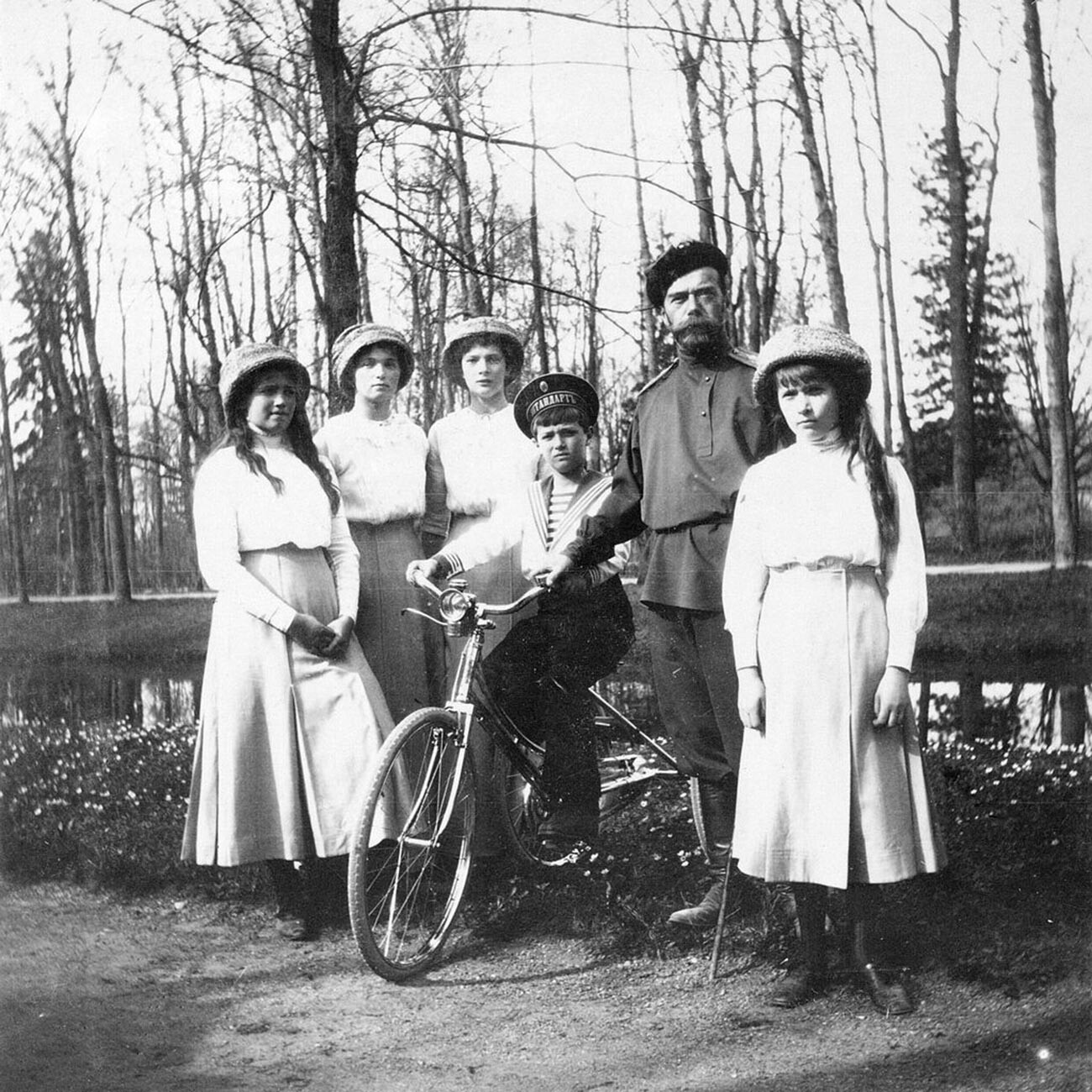
In 1913, a Russian hydrographic expedition of the Arctic Ocean made the last significant geographic discovery on the globe. The group on the Vaygach icebreaker discovered an archipelago that they called ‘Emperor Nicholas II Land’ (Now called Severnaya Zemlya).
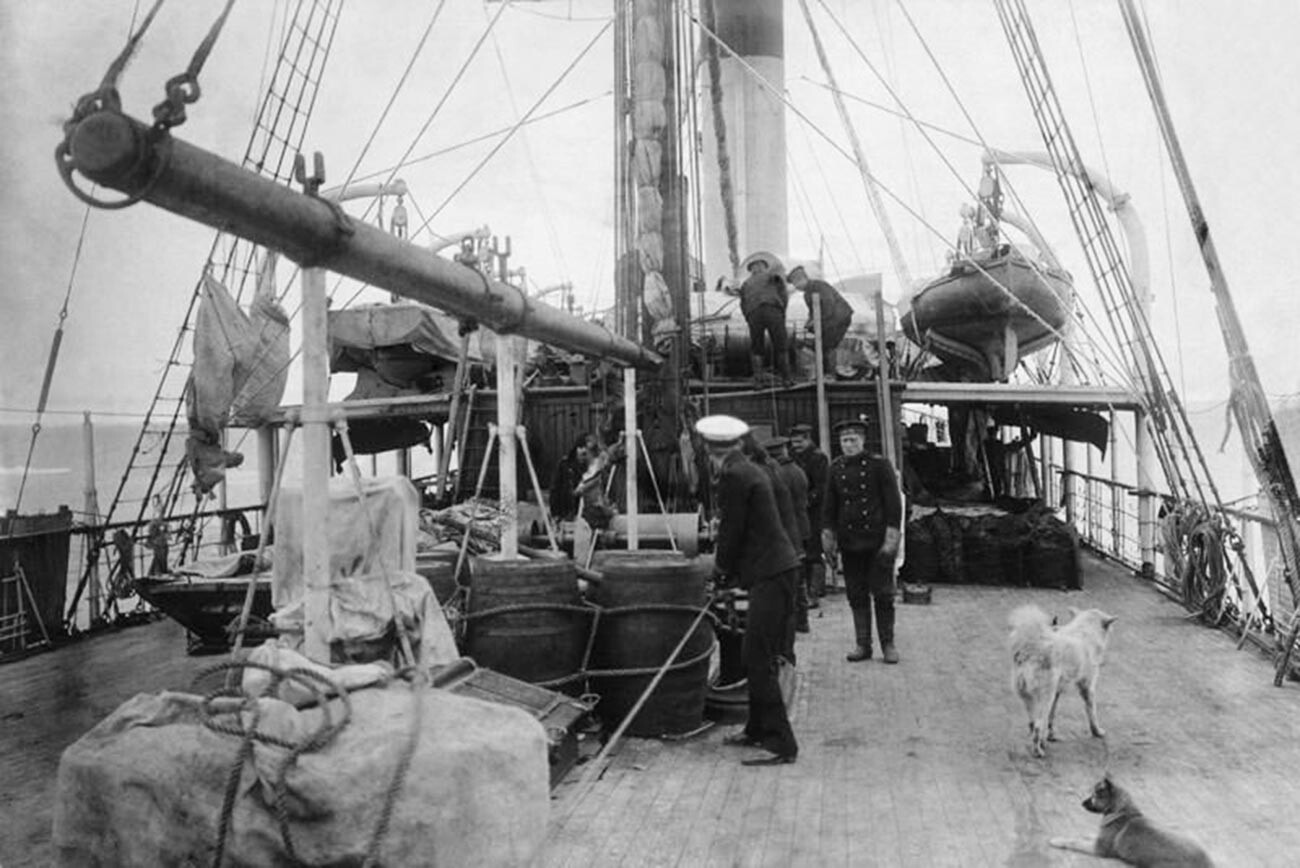
Igor Sikorsky also presented his ‘Russian Knight’, the first four-engined plane, which successfully performed the first aerial test, this year.
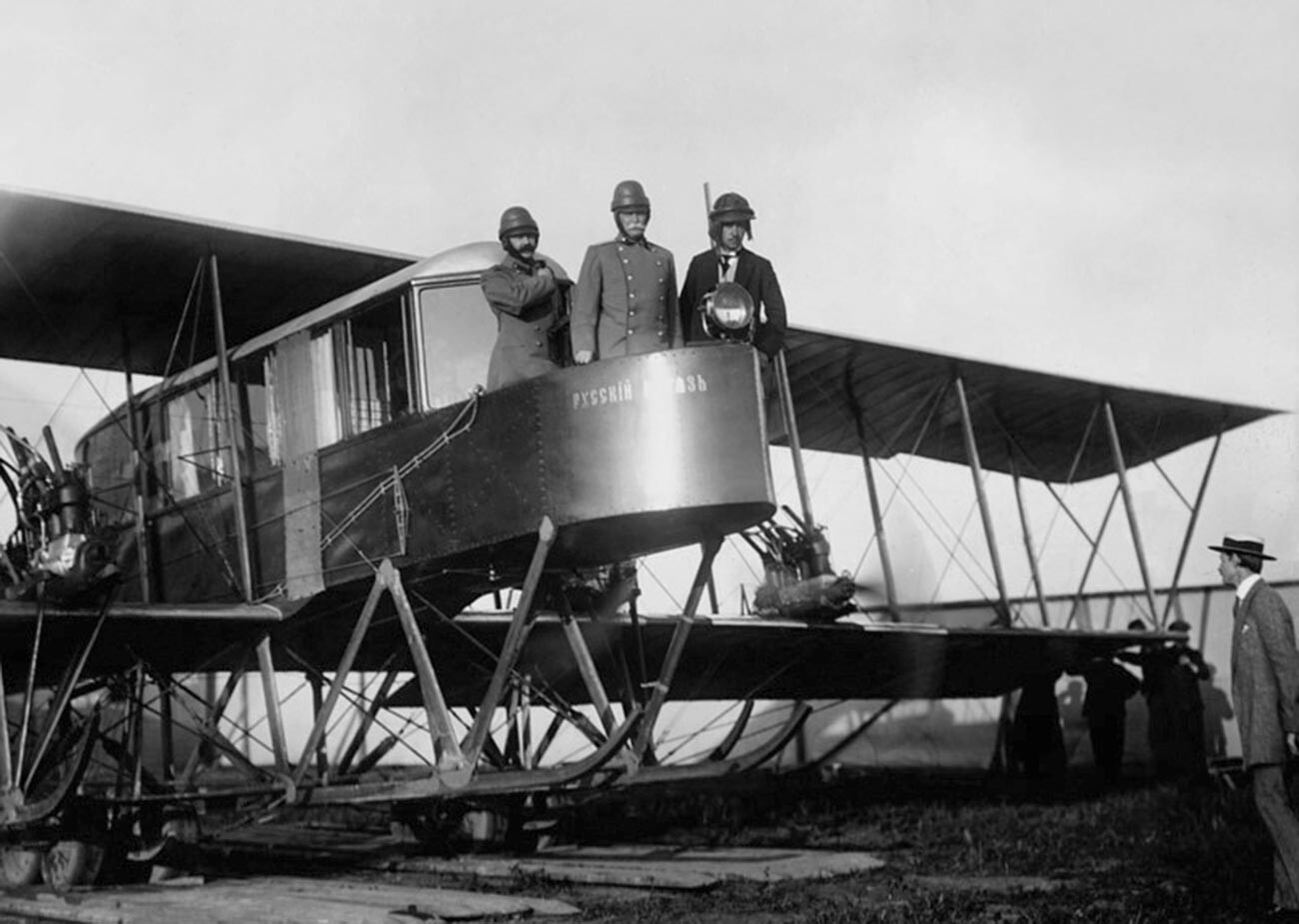
In 1913, the scandalous and legendary ballet ‘The Rite of Spring’ by Igor Stravinsky premiered at the Théâtre des Champs-Élysées in Paris as part of Sergei Diaghilev’s ‘Russian Seasons’. The avant-garde performance depicting pagan sacrifice was a sensation.
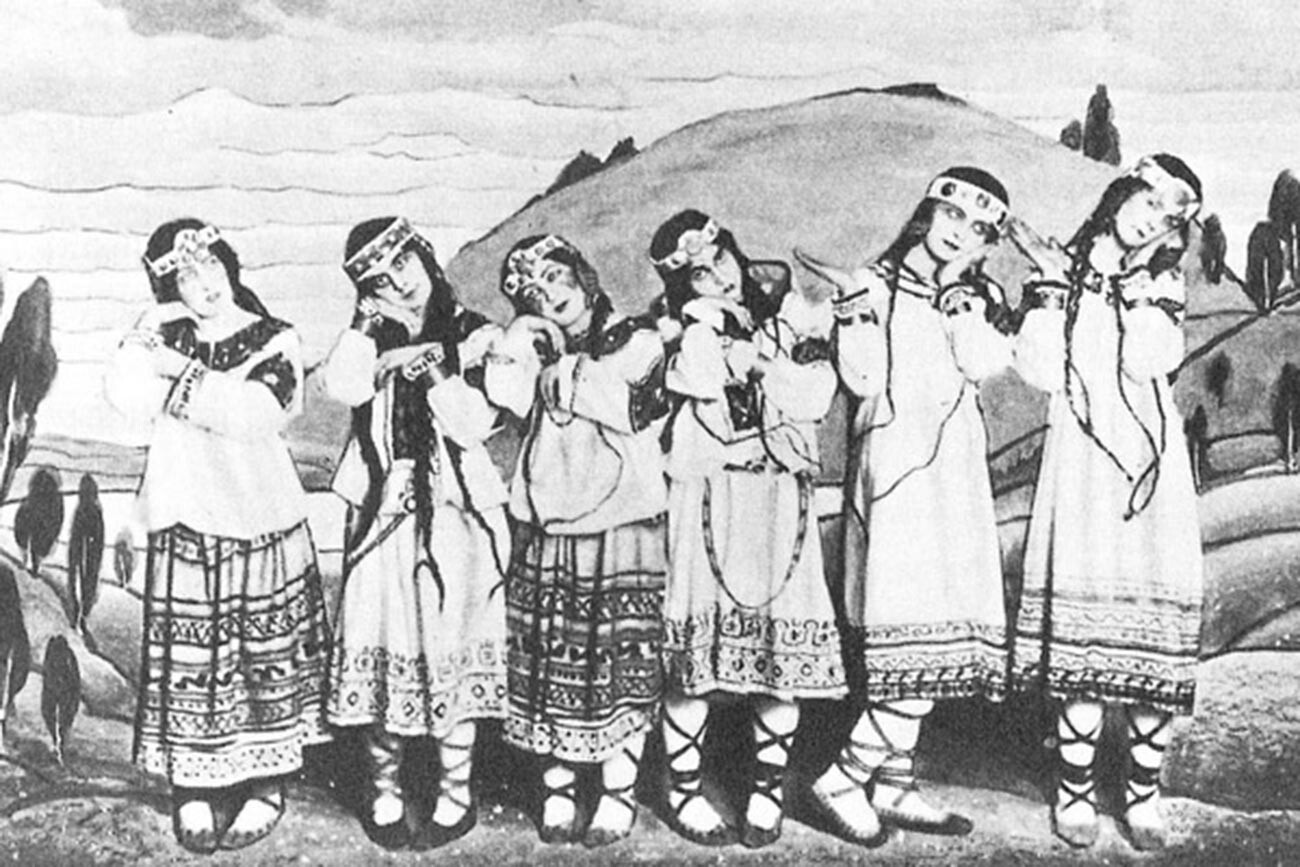
After their big triumph in Europe, Sergei Diaghilev’s ‘Ballets Russes’ headed on tour to Latin America and enjoyed great success in Buenos Aires, too. Diaghilev didn’t attend the tour, but legendary dancer and choreographer Václav Nijinsky is pictured sixth from the left.
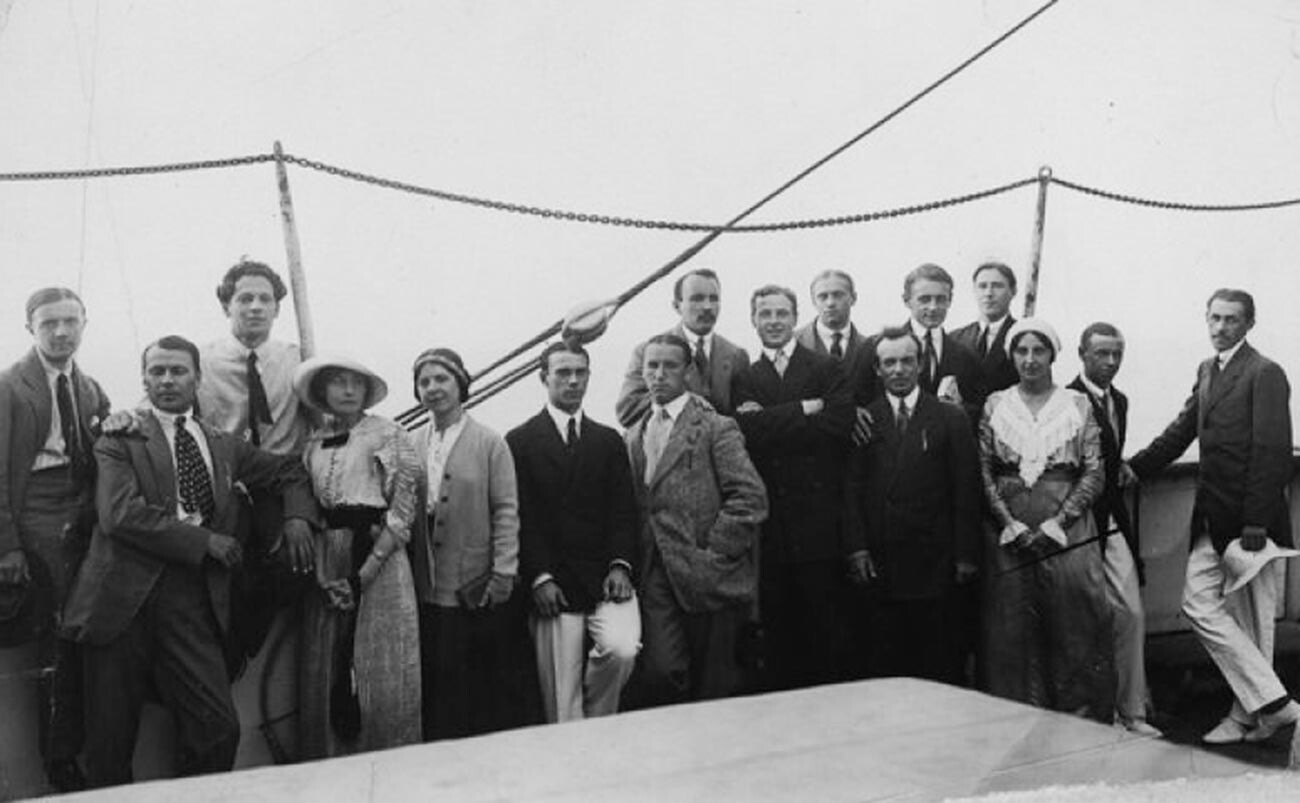
At the same time, the avant-garde futurist opera ‘Victory Over the Sun’ premiered in St. Petersburg. The stage and costumes were designed by Kazimir Malevich and the first lookalike images of his famous ‘Black Square’ appeared there.
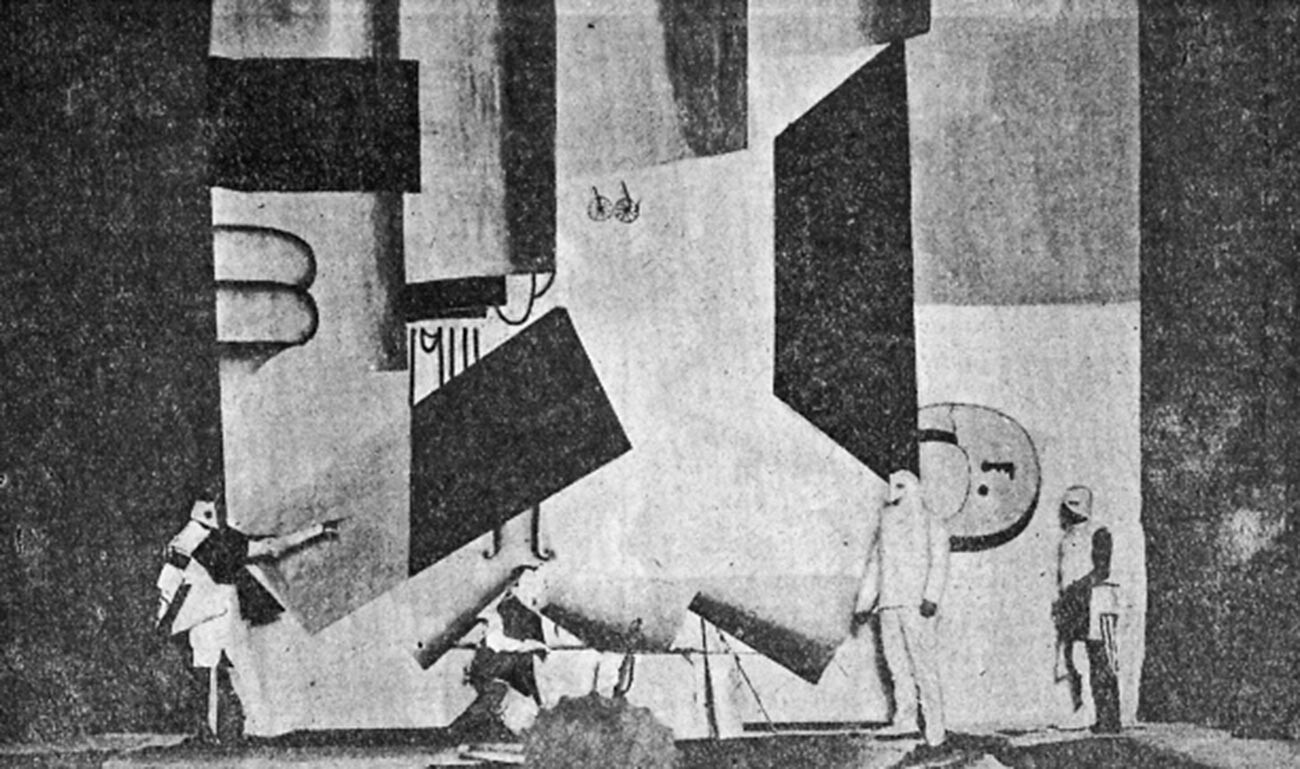
In 1913, military exercises using balloons and aerostats took place in the city of Kars (now Türkiye, but part of the Russian Empire in 1878-1918).
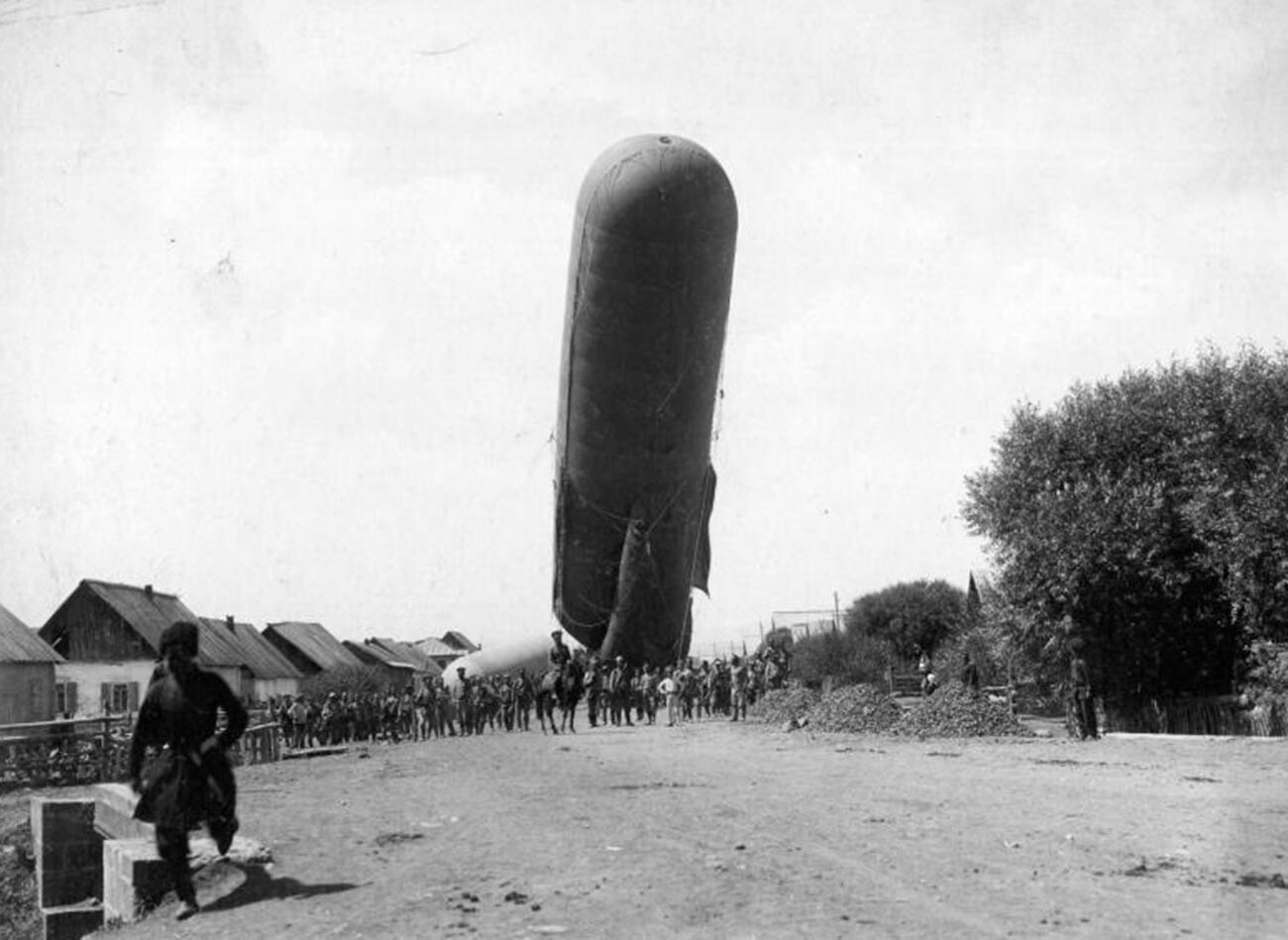
And now, take a look at some random photographs taken in 1913 which help to get a real feel of the atmosphere of the time.
Electric trams and horse carriages moving along Nevsky Prospekt, St. Petersburg’s main street.
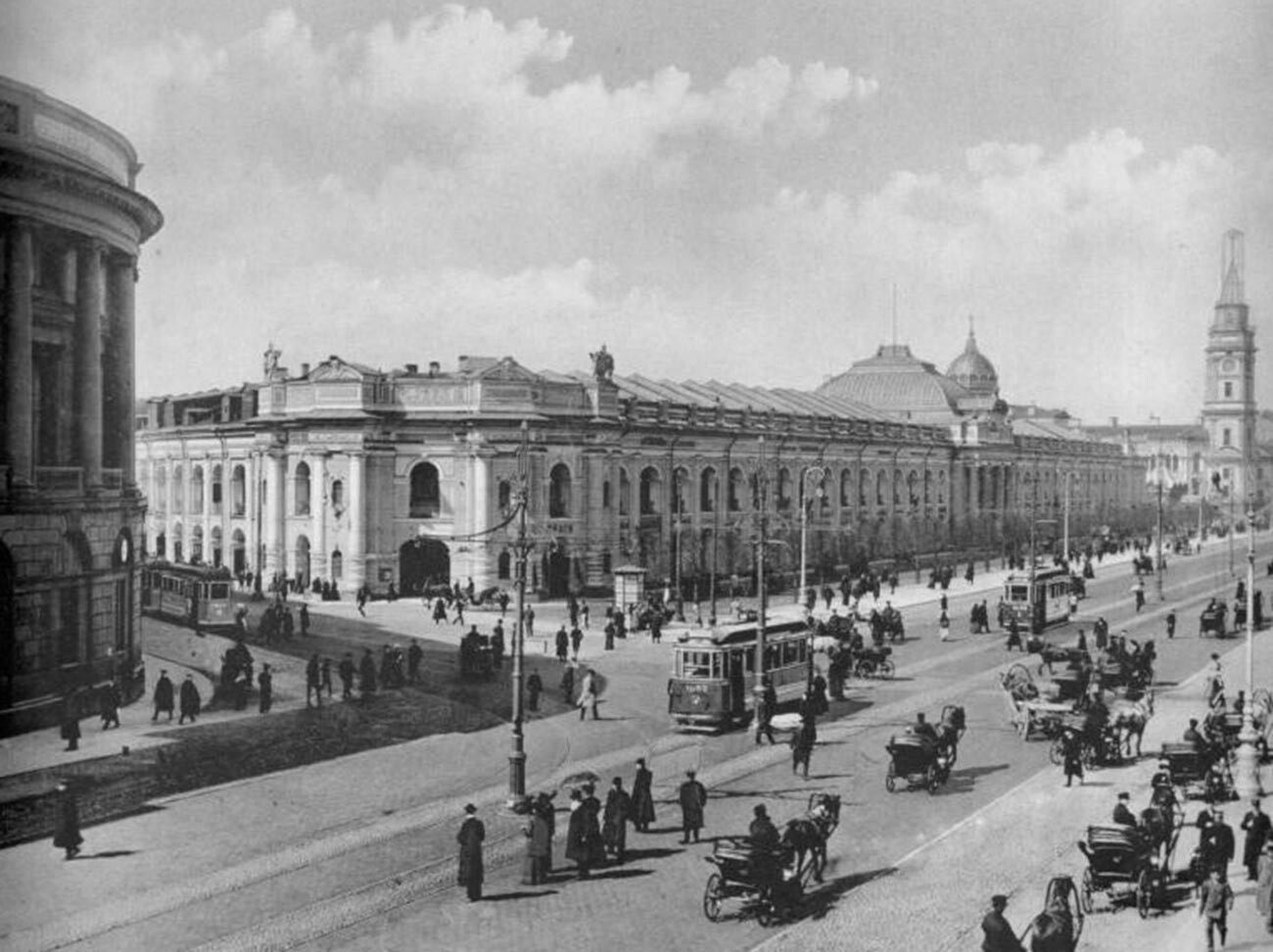
St. Isaac’s Cathedral in St. Petersburg and an equestrian statue of Emperor Nicholas I in front of it. This is a rare example of how a tsar monument survived the upcoming Revolution and Soviet time. It was recognized as an engineering masterpiece, as the complicated equestrian statue only had two points of support.
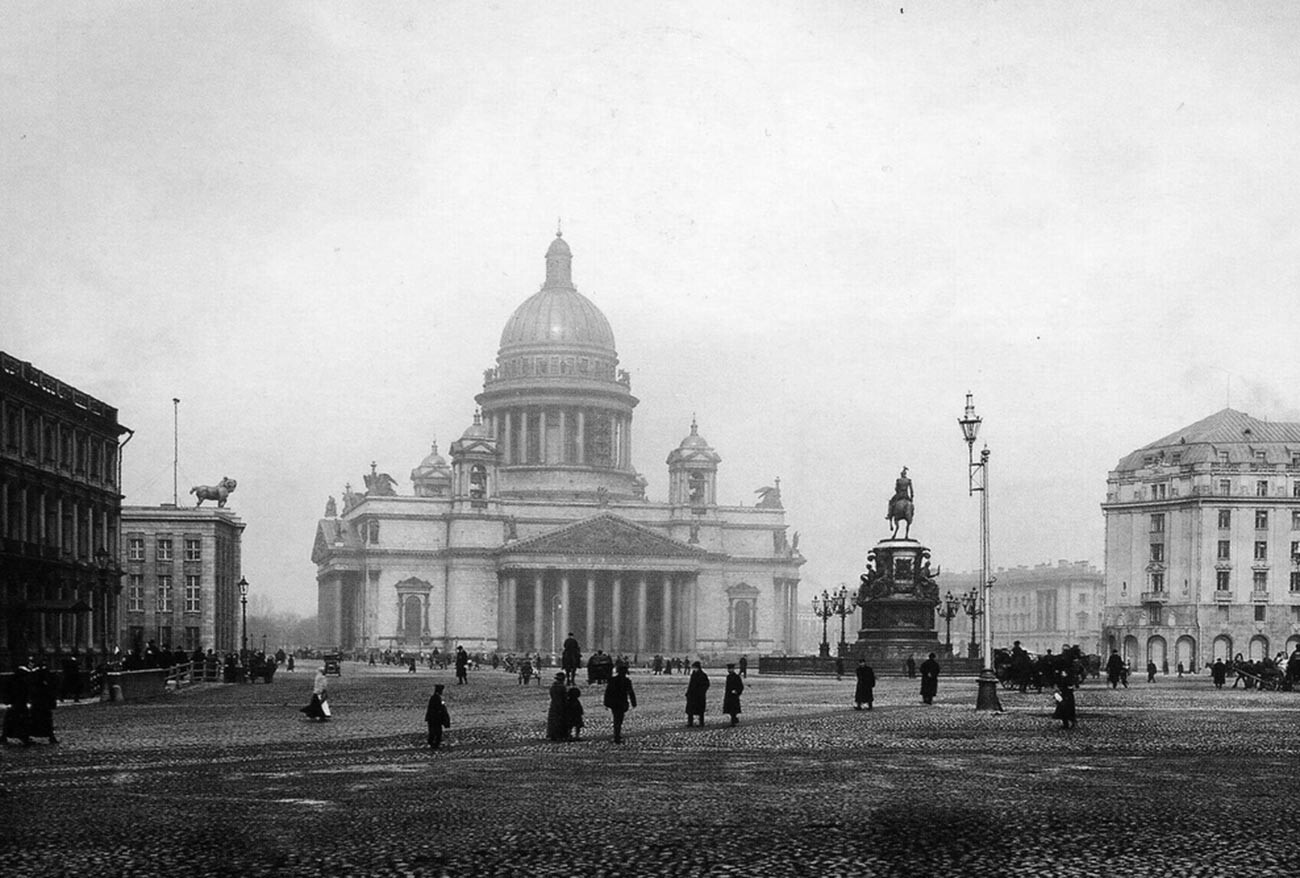
View on the Church of the Savior on Spilled Blood built on the site of Alexander II’s murder and boats on the Catherine Canal (which would be renamed in honor of writer Alexander Griboyedov ten years later).
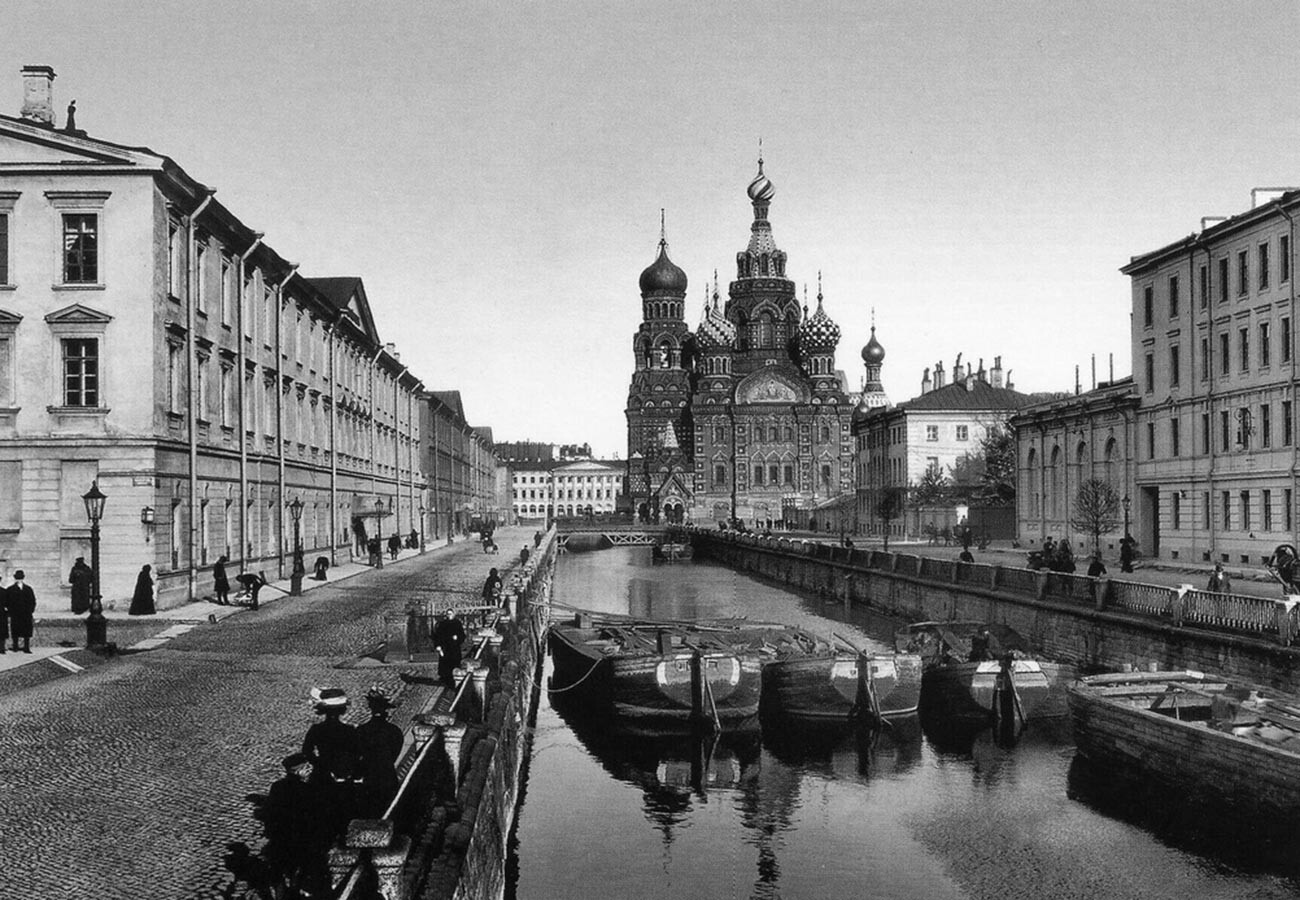
A tsarist-era public transportation: the omnibus, one of the first vehicles not horse-drawn anymore.
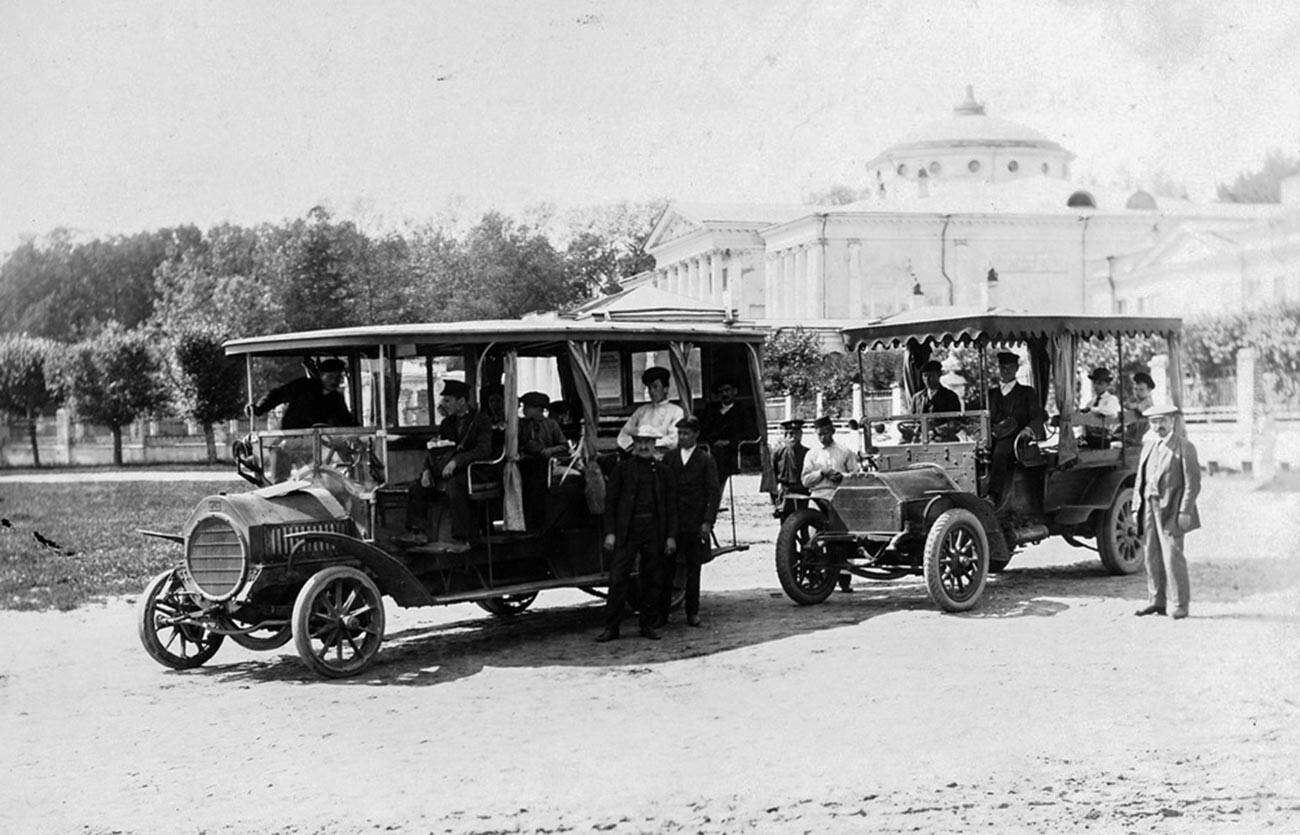
A market square in a provincial city on the Volga River banks.
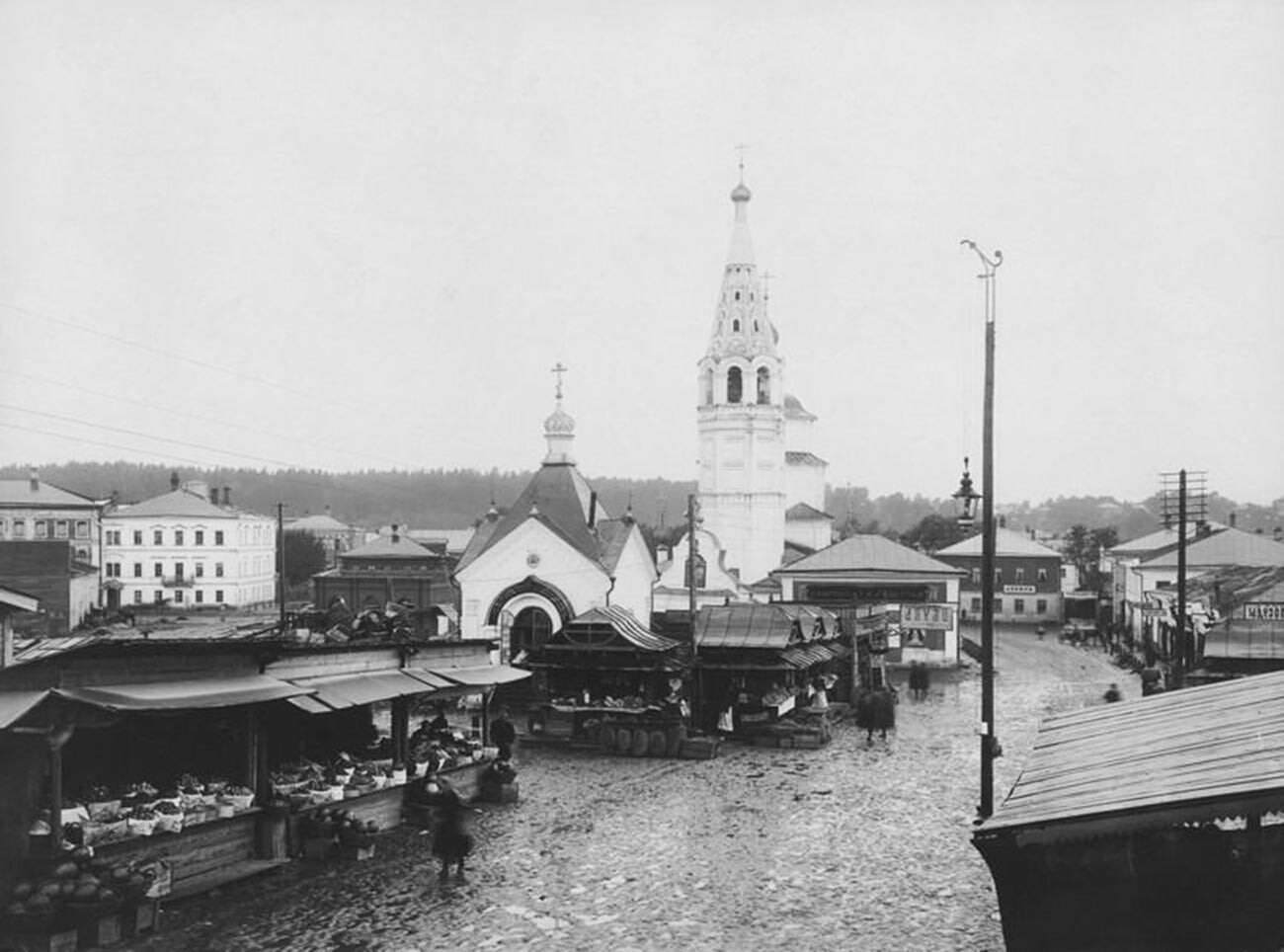
Deputies of the Third State Duma inspect the ‘Rurik’ armored cruiser.
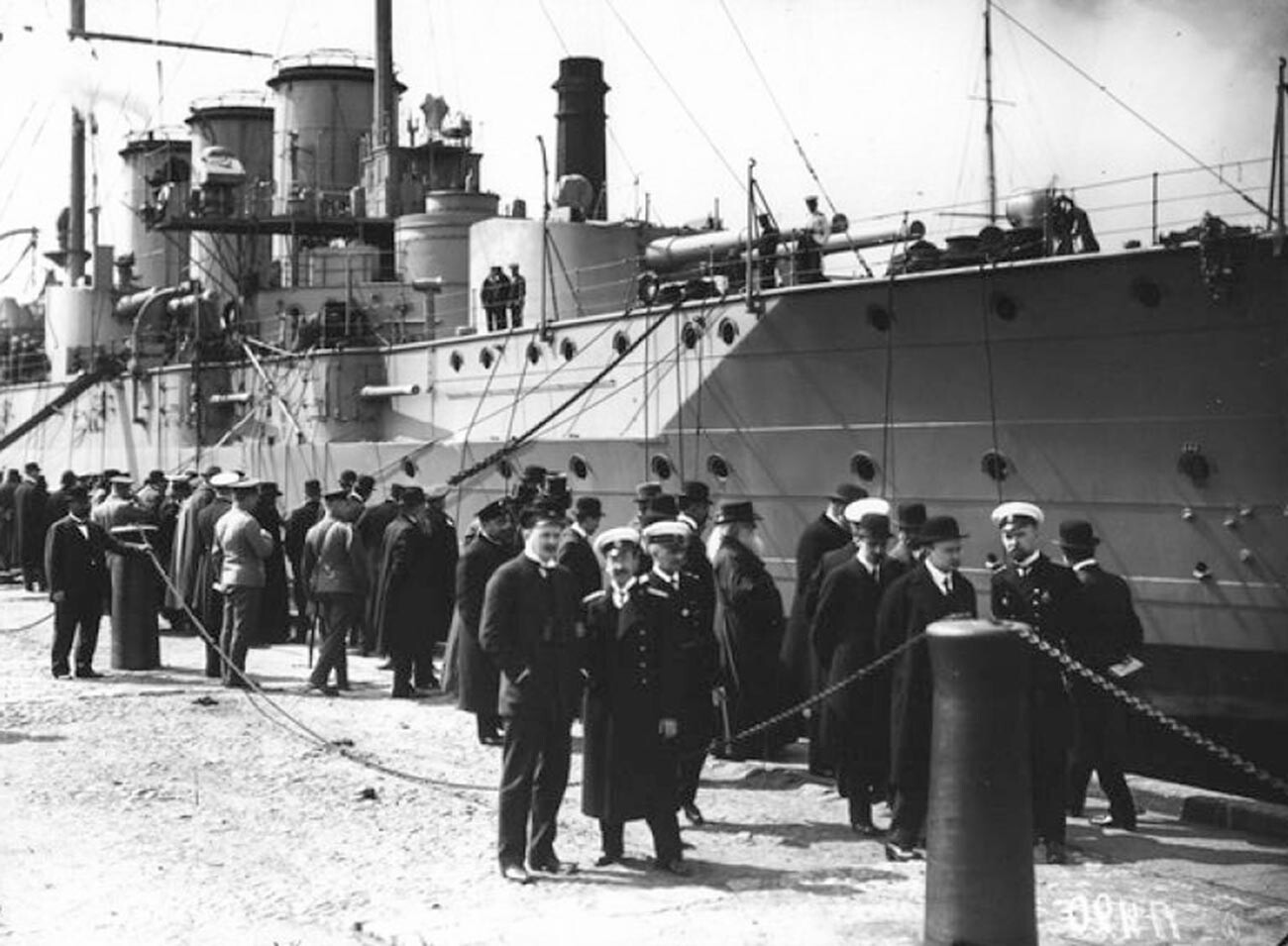
Young glassblowers producing Christmas tree ornaments in St. Petersburg.
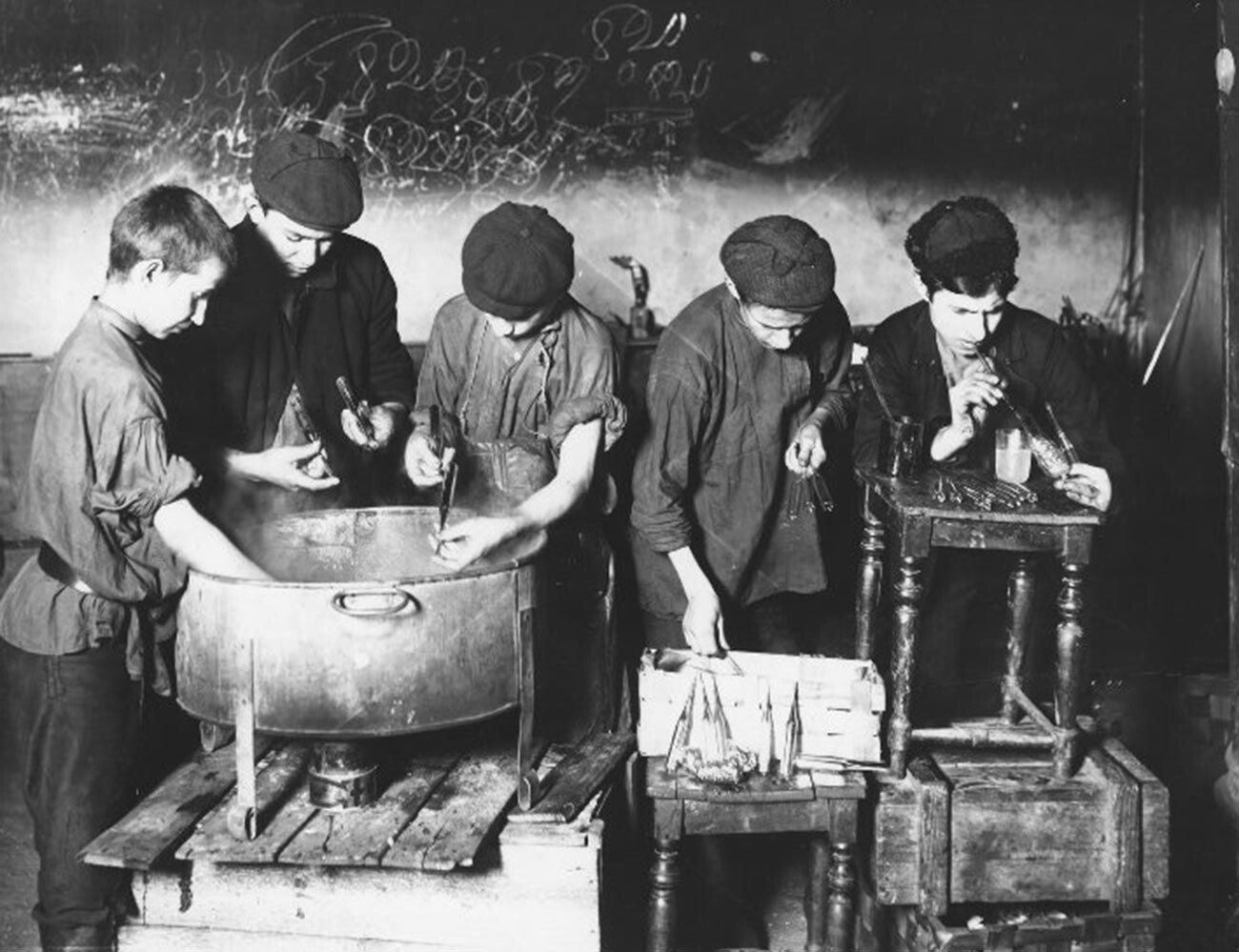
Cargo and passenger piers along the Volga River.
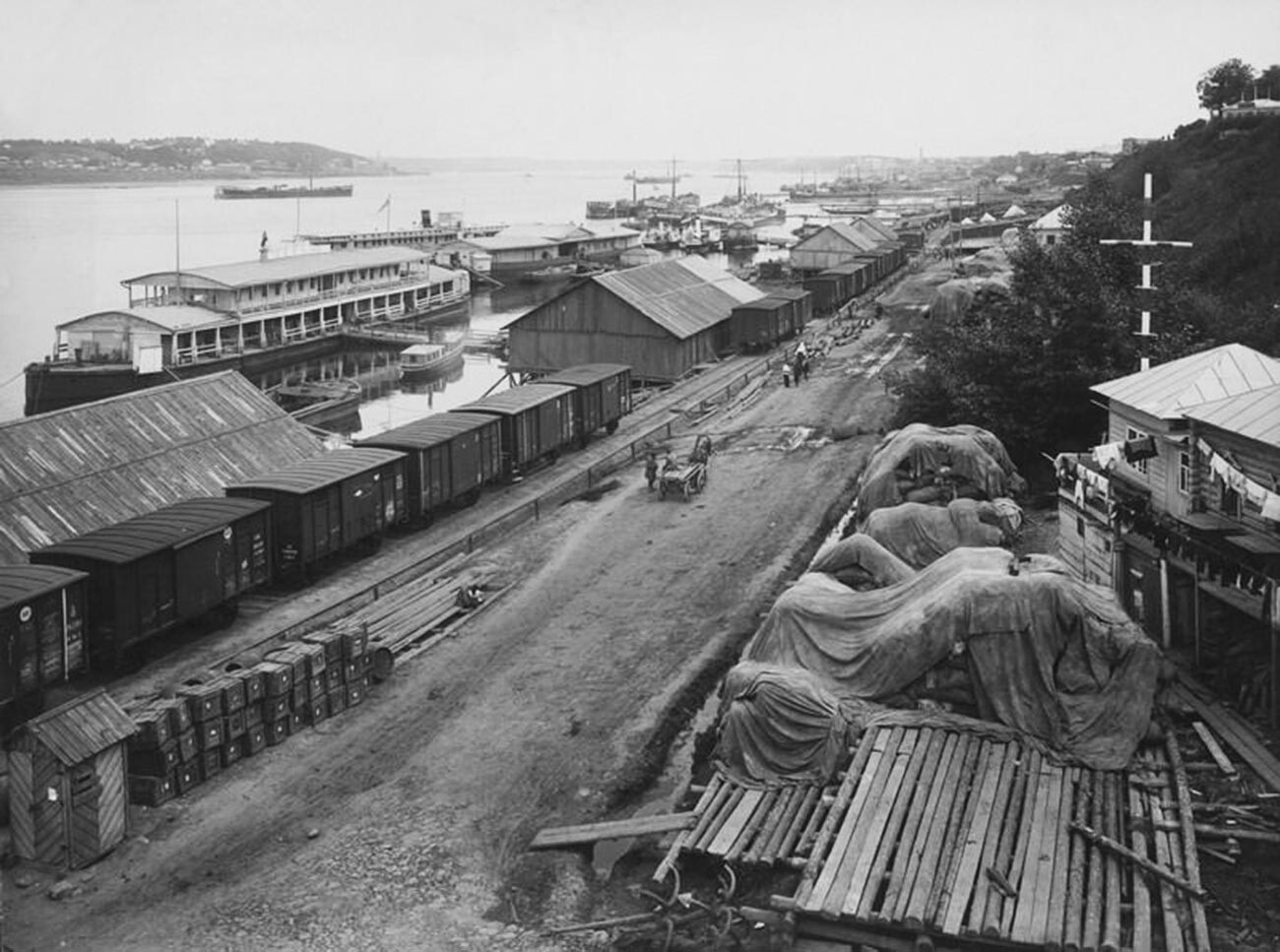
Amateur skiers club on their walk.
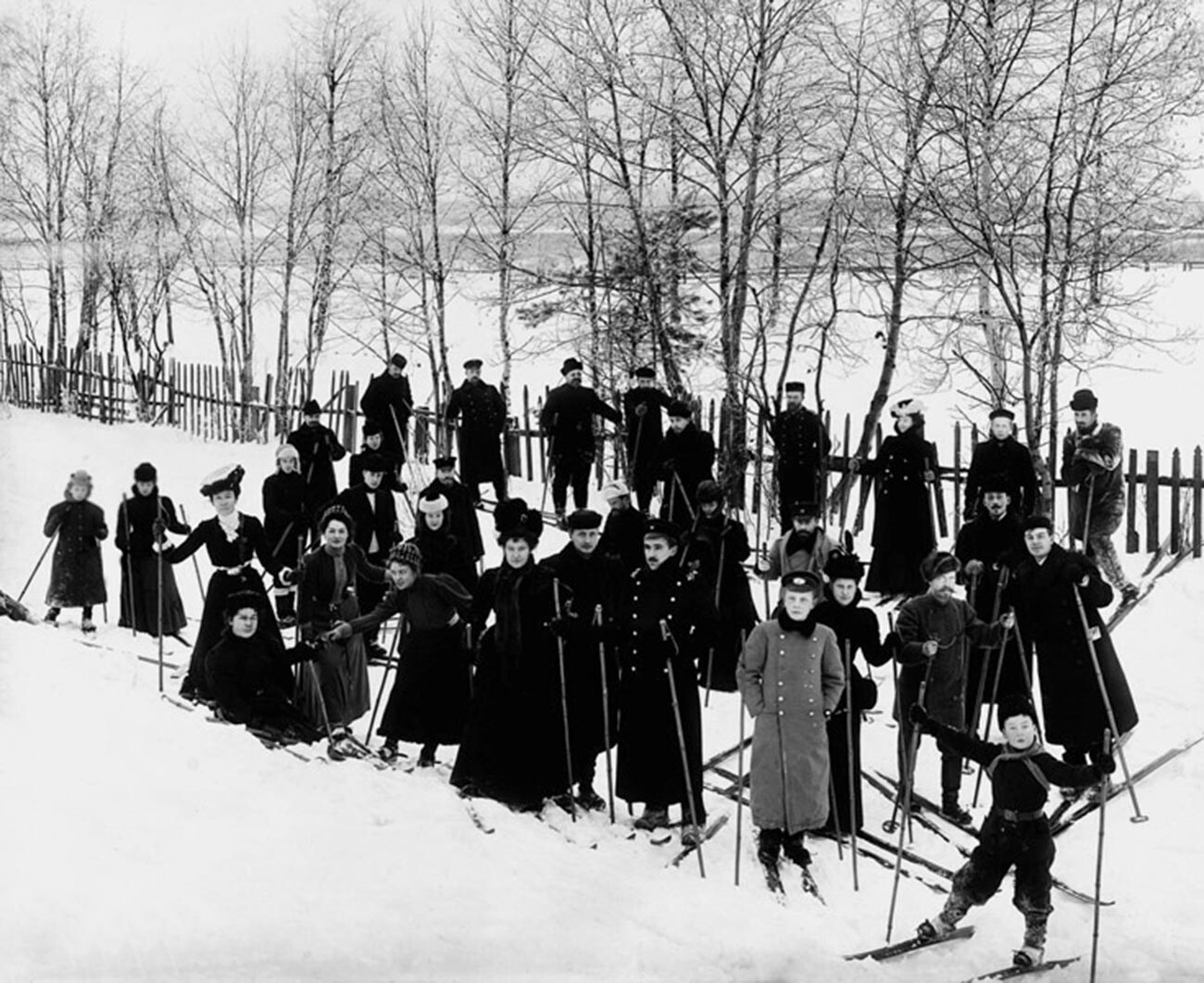
A peasant woman working on a loom in Grodno Region (modern-day Belarus).
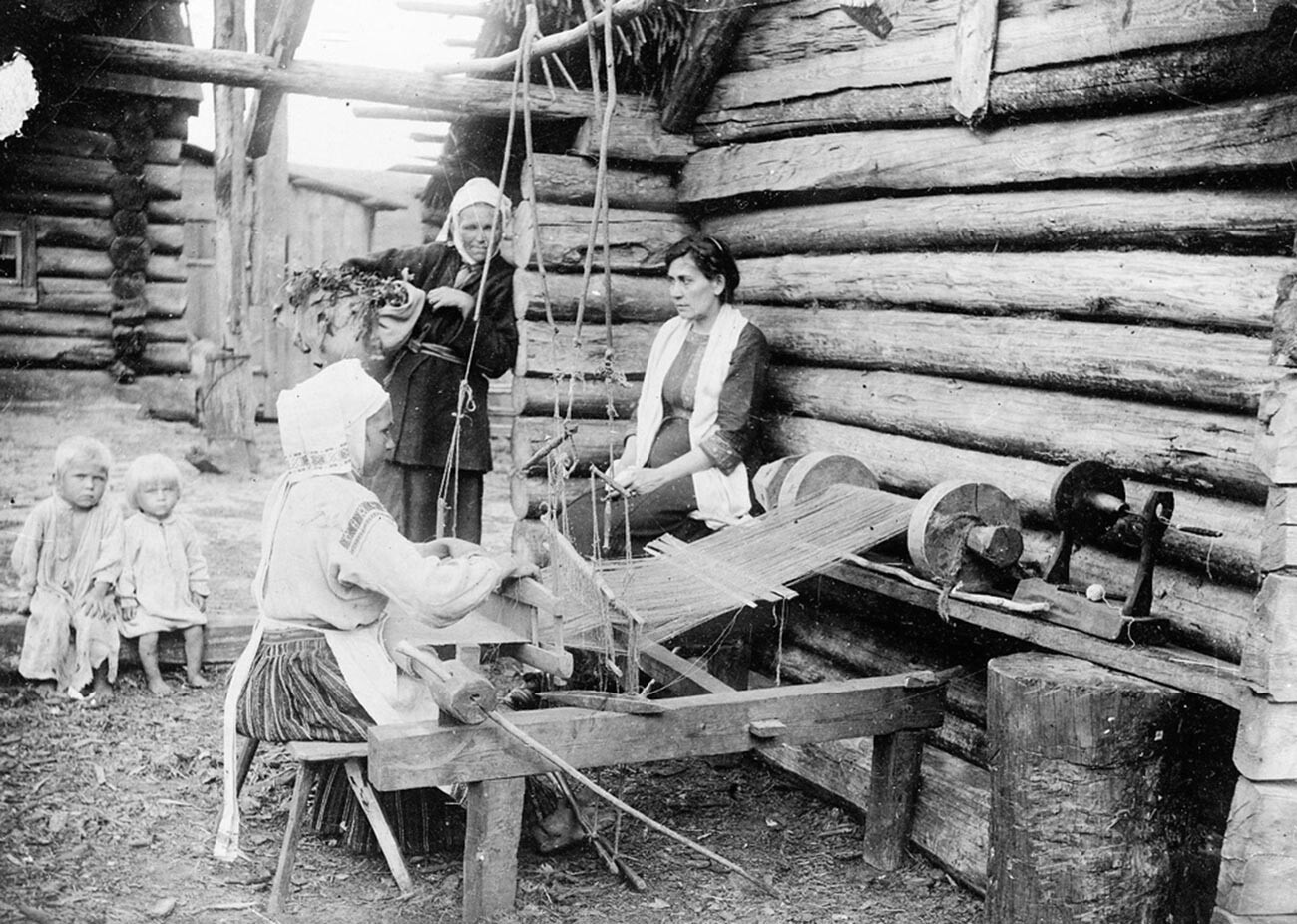
Visitors in the reading room of the Imperial Public Library.
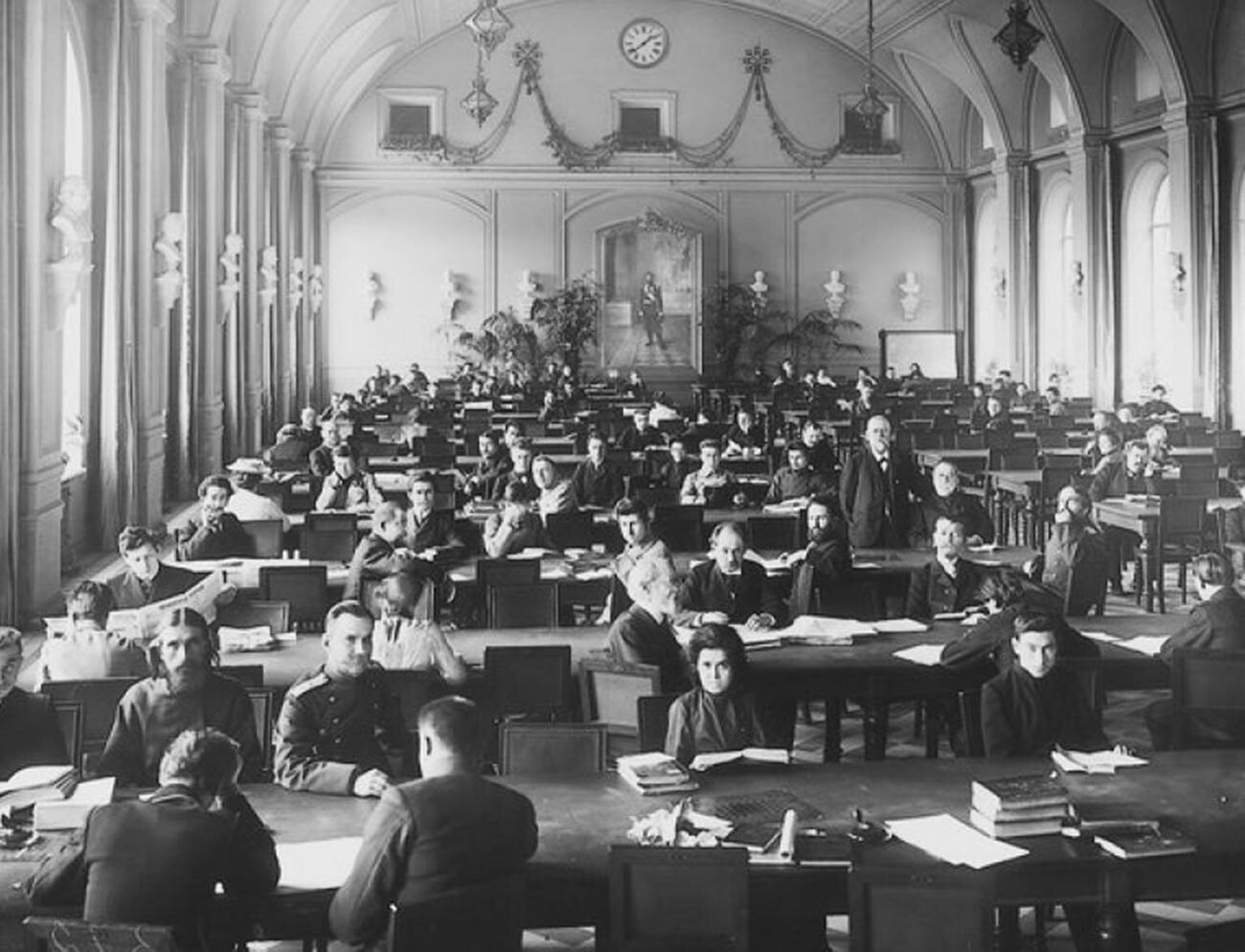
Volga fishermen posing after work in Kostroma Region.
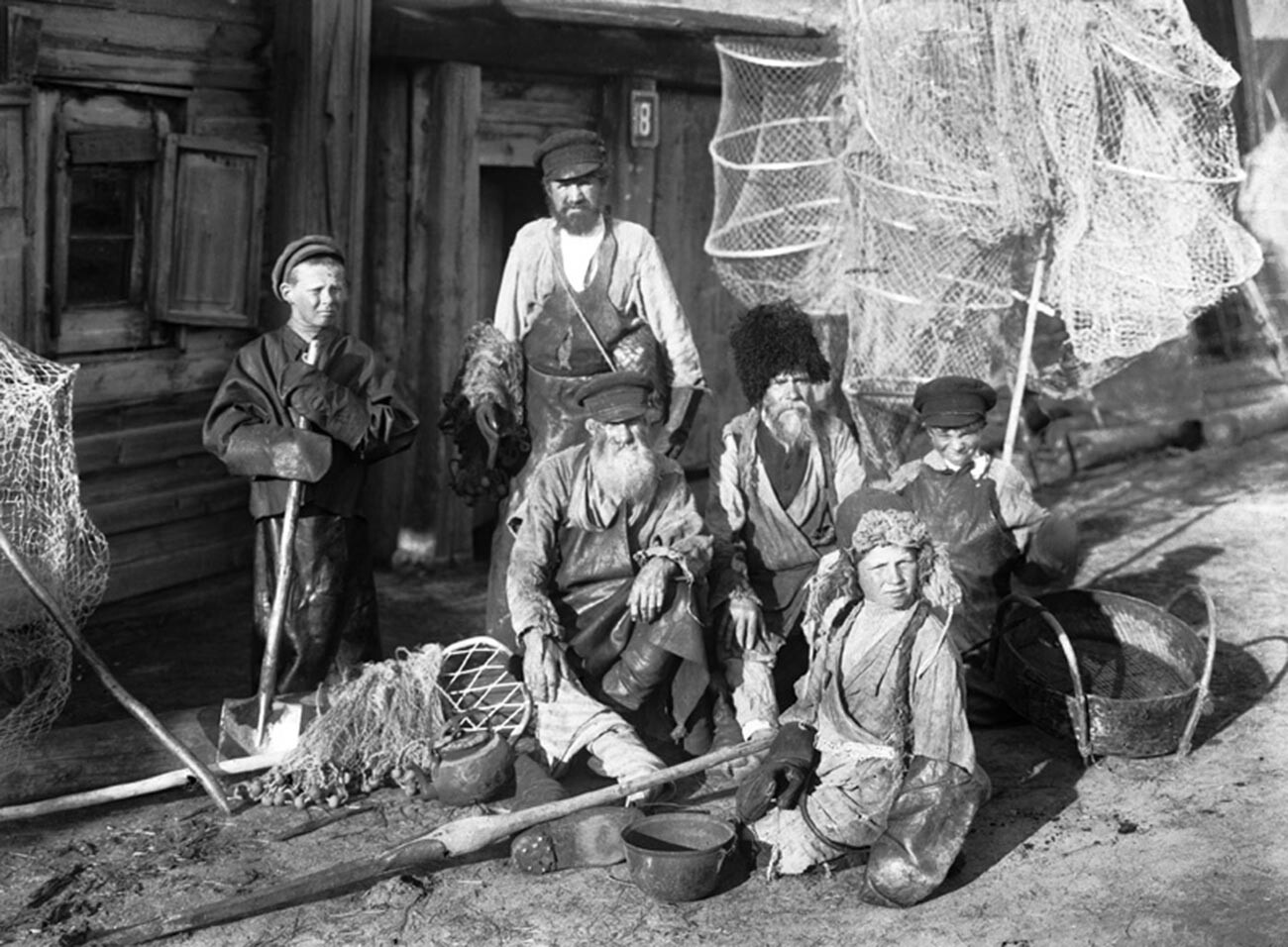
Swimming school members training in a pool.
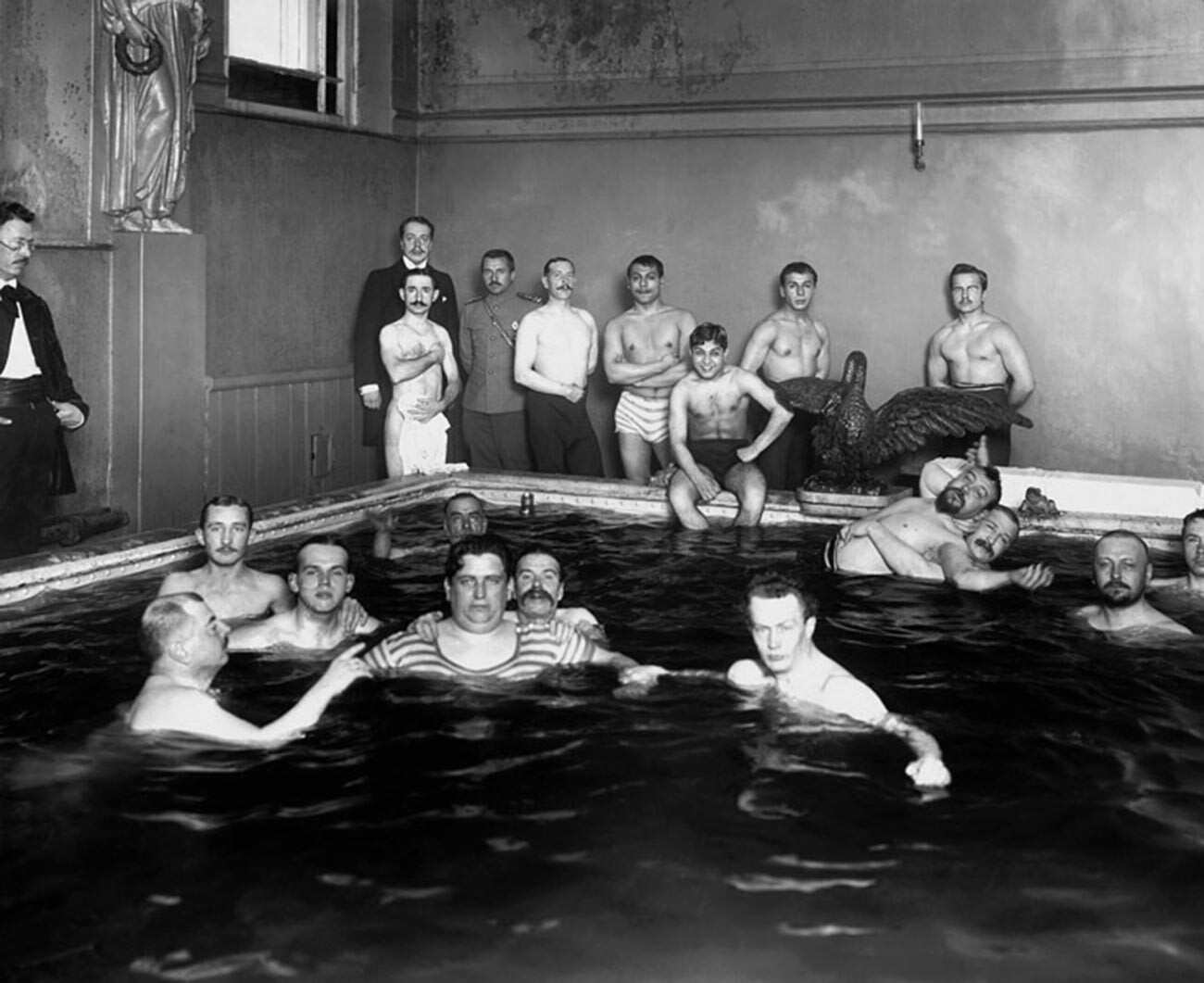
A bicycle department in a St. Petersburg store.
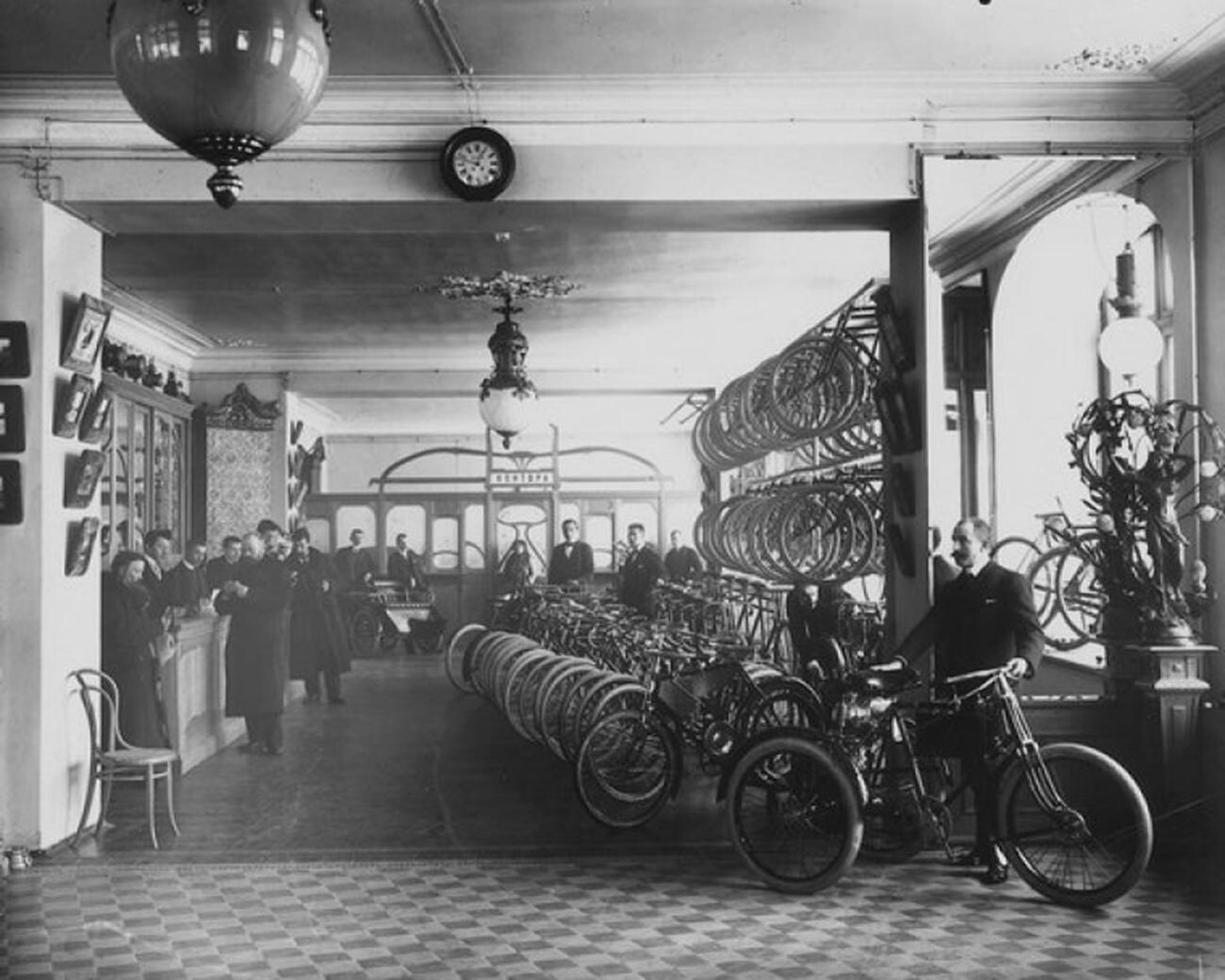
A chess tournament.
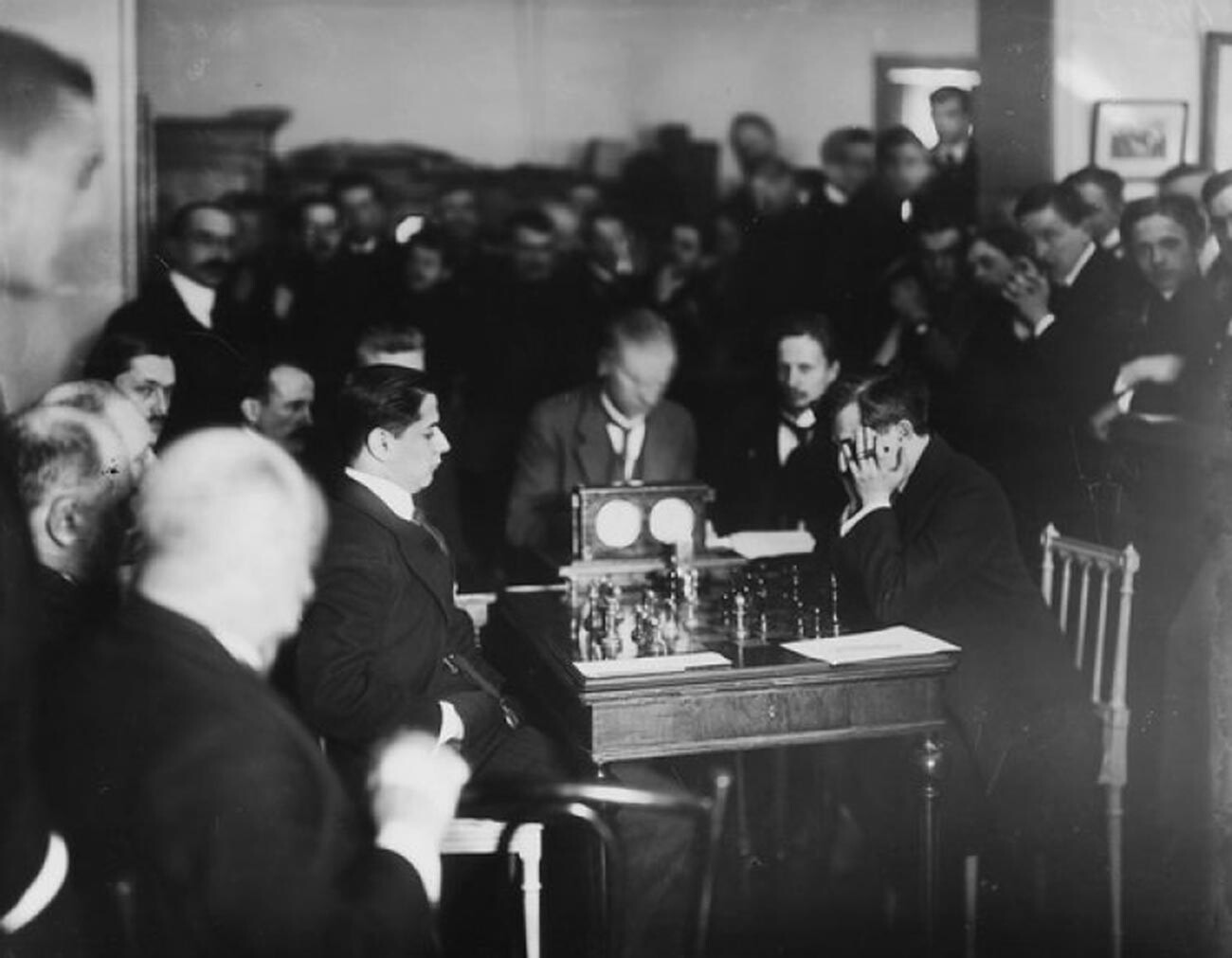
While the rest of Russia enjoyed technical progress, Old Believers kept following their traditional way of life.
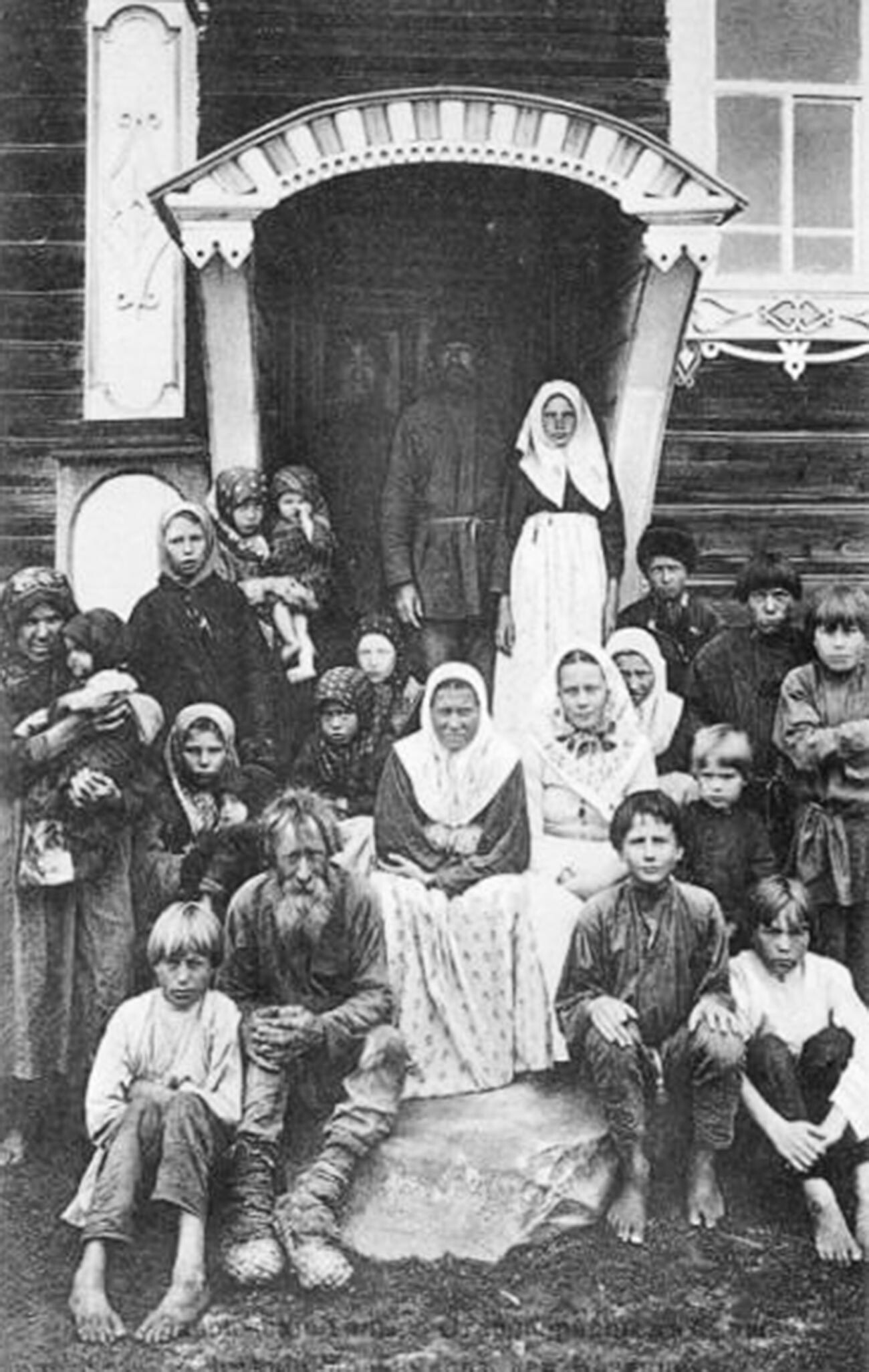
Famous artist Ilya Repin working in front of his guests.
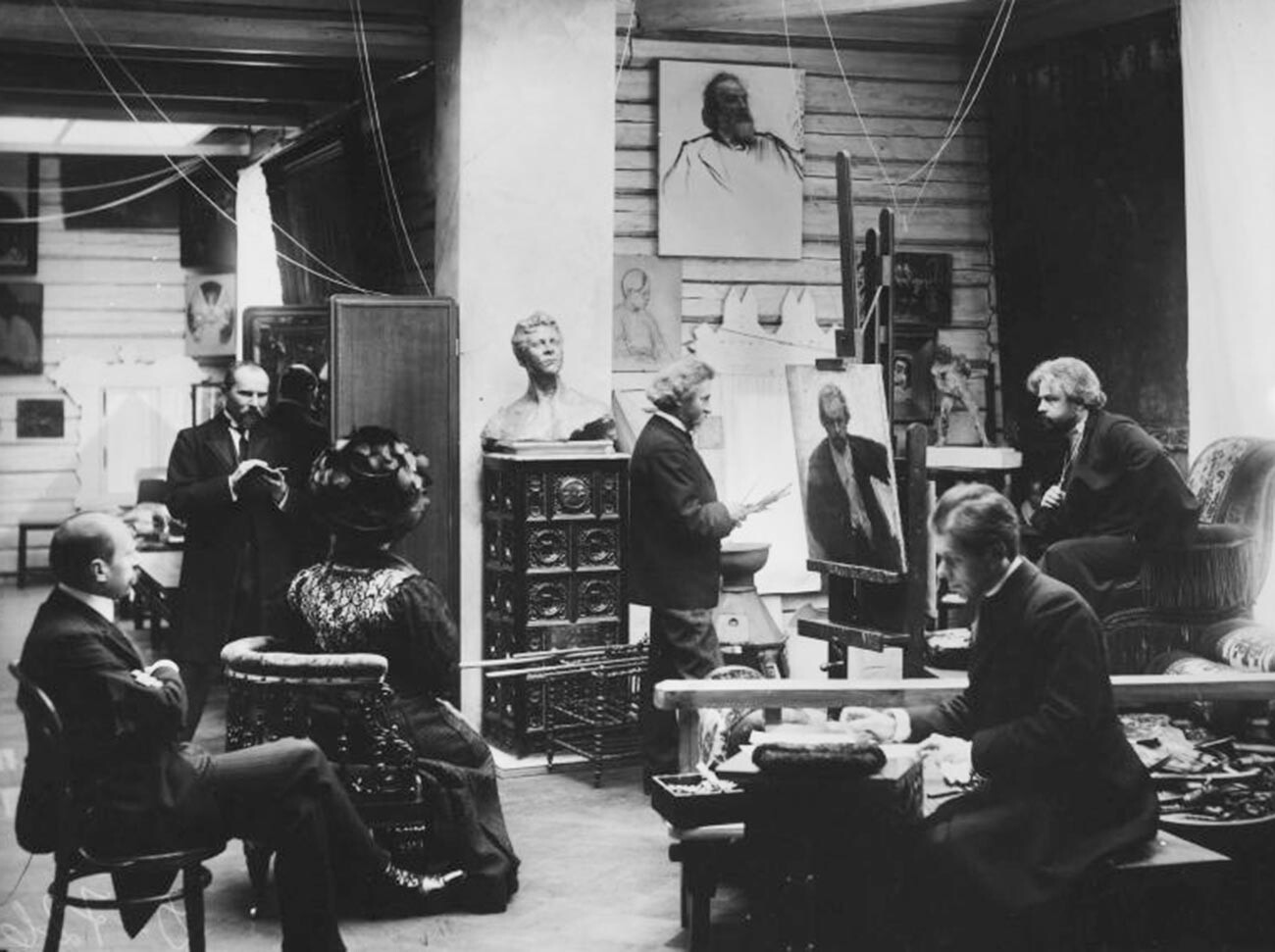
Workers packaging a variety of goods.
